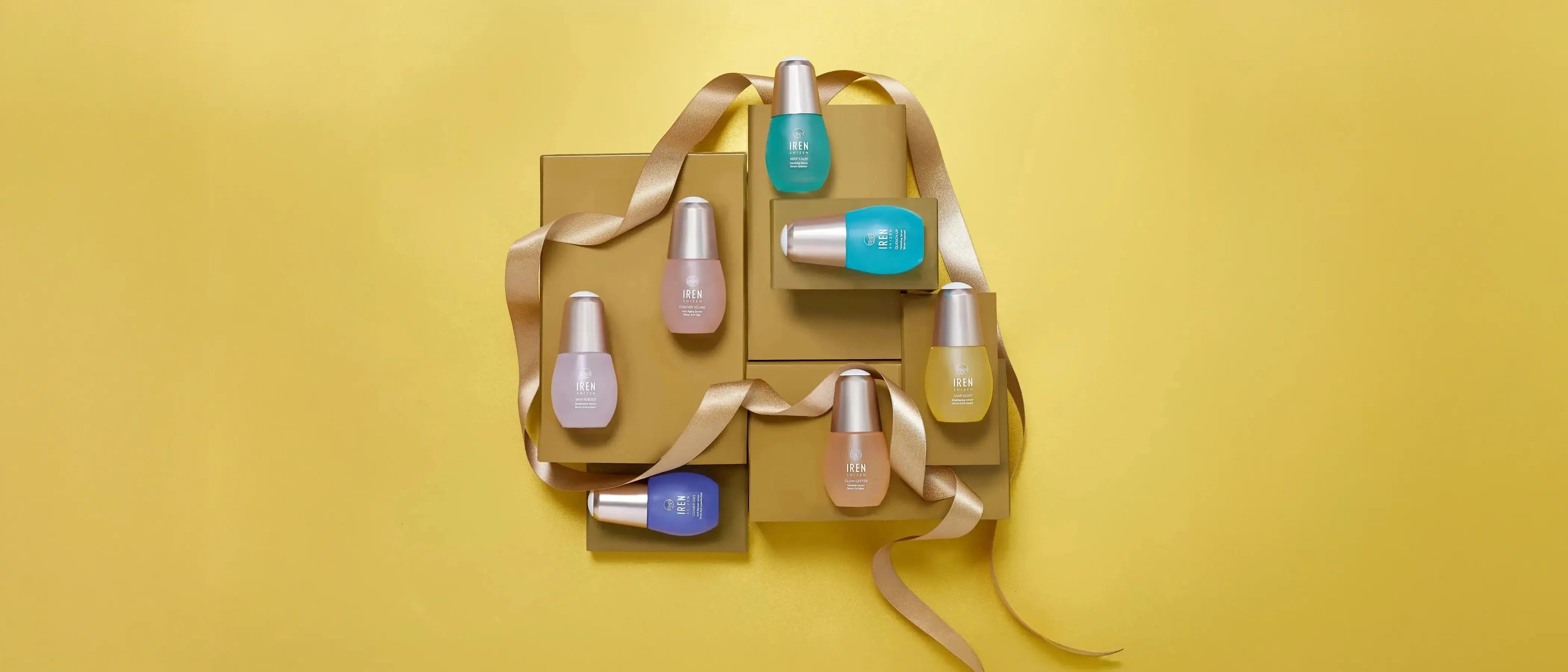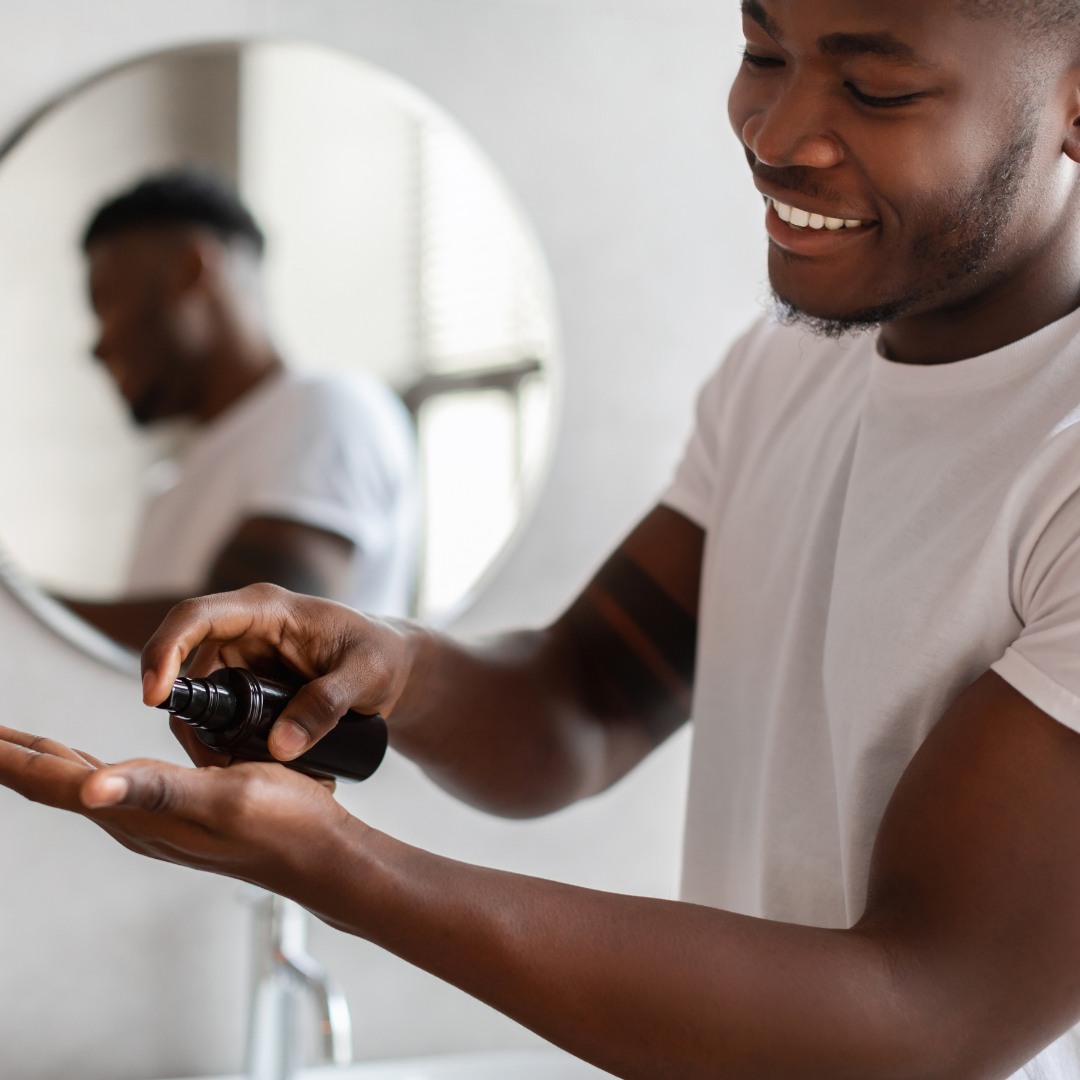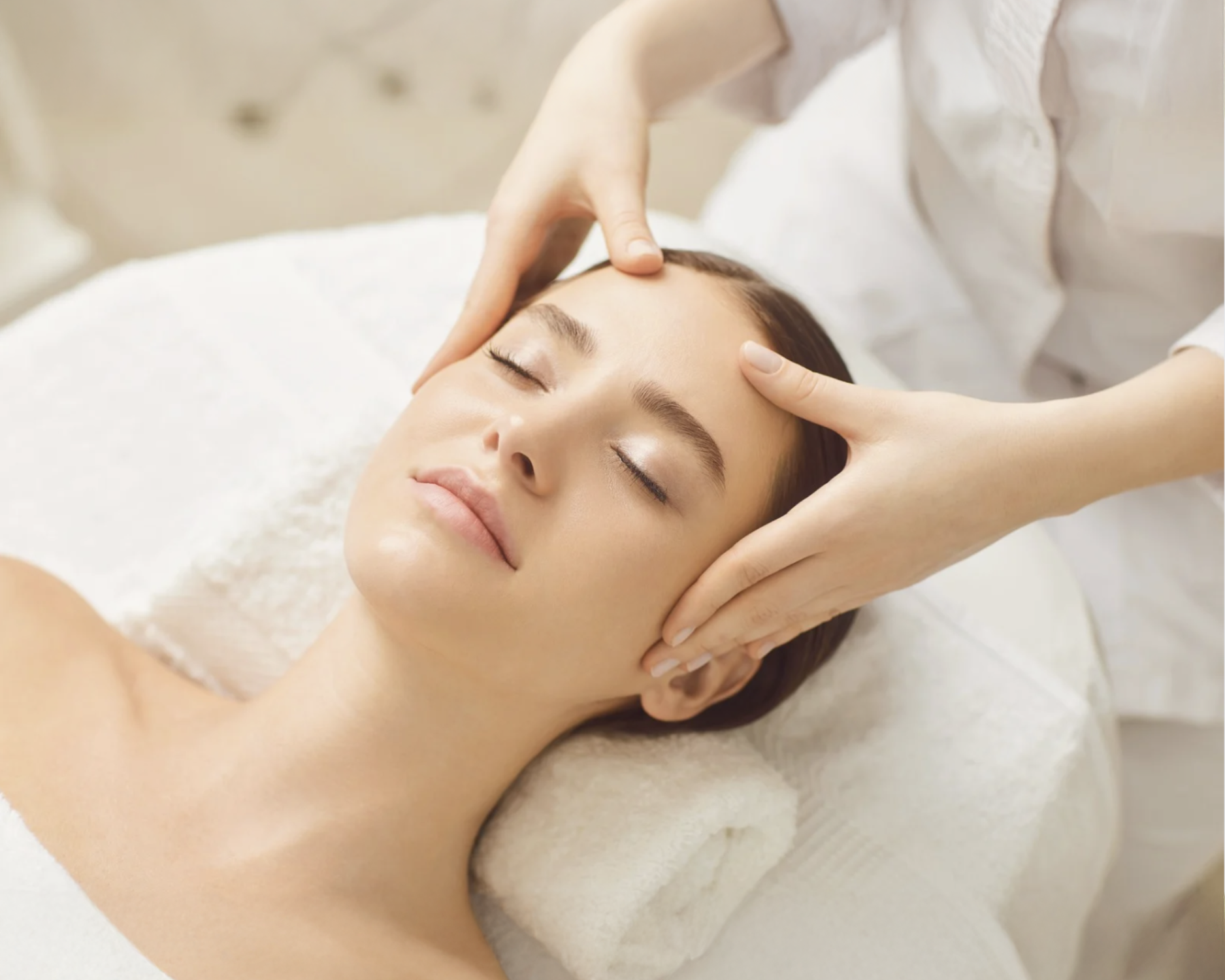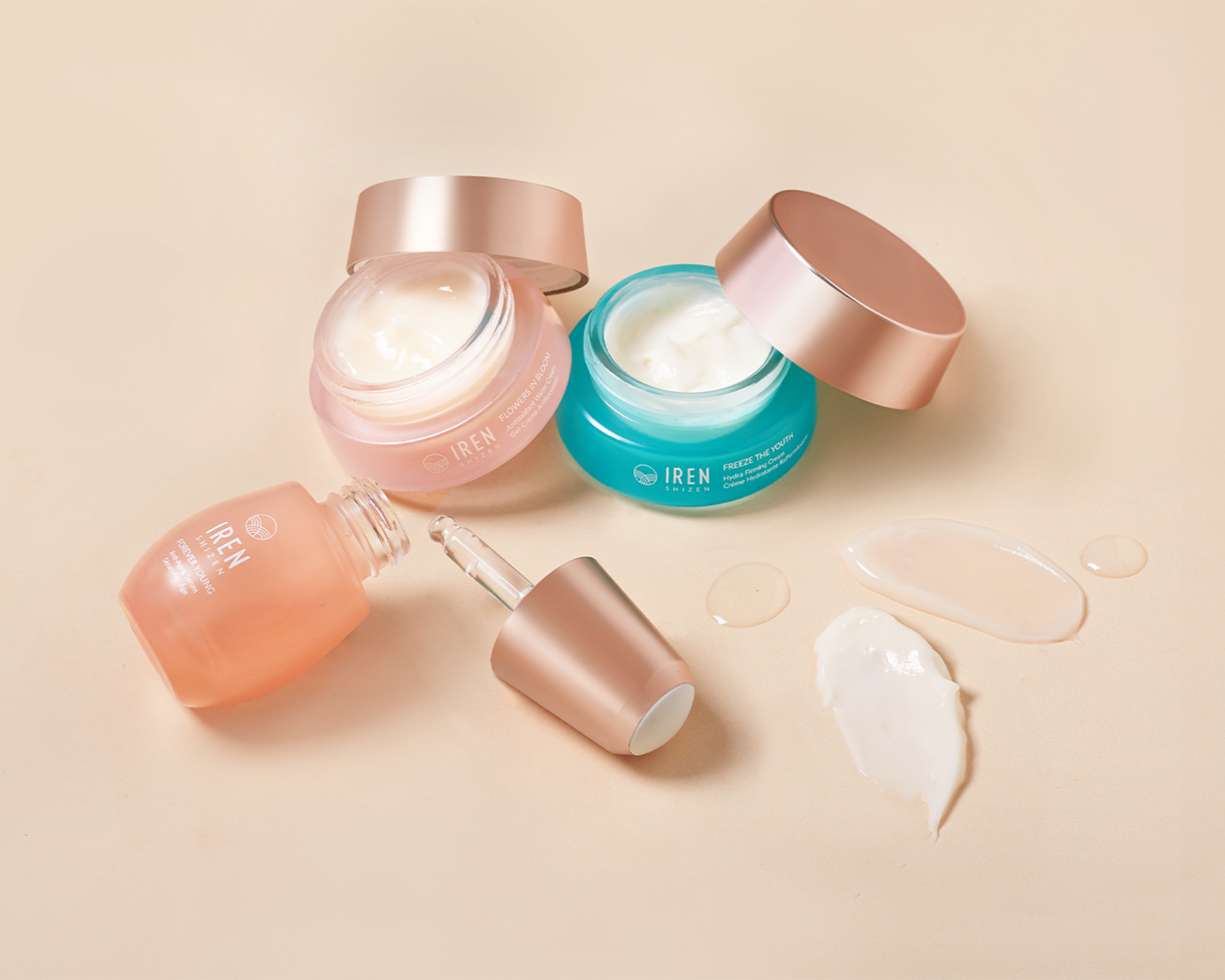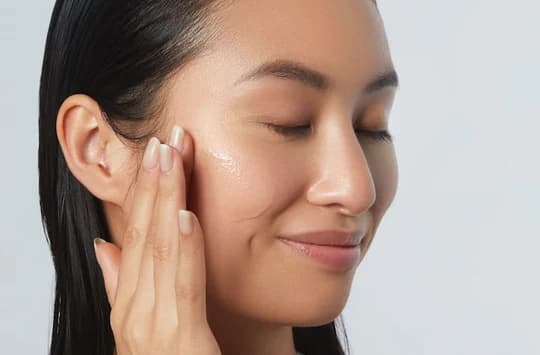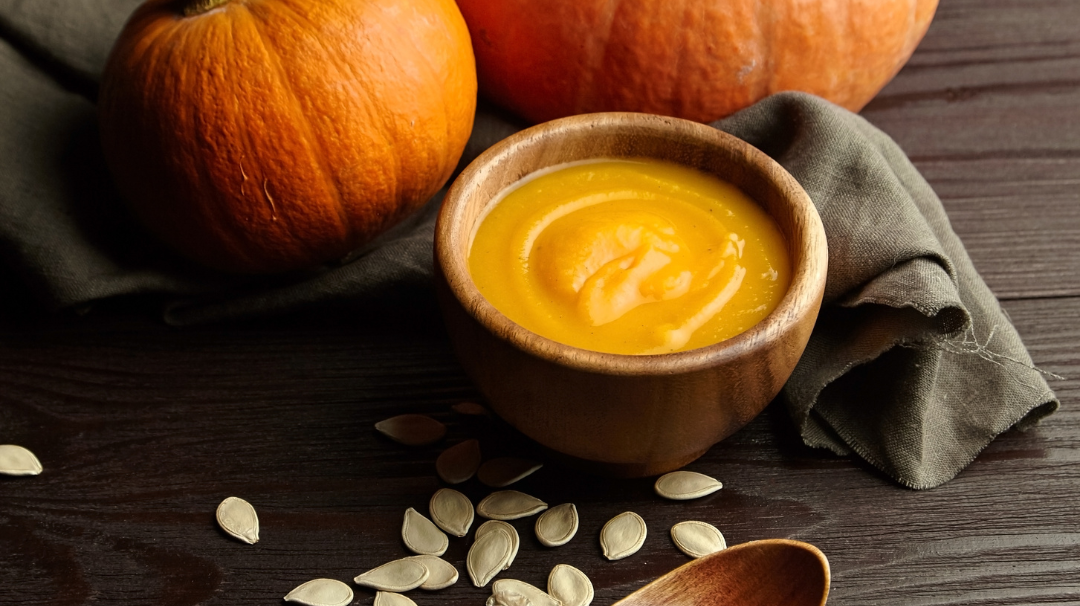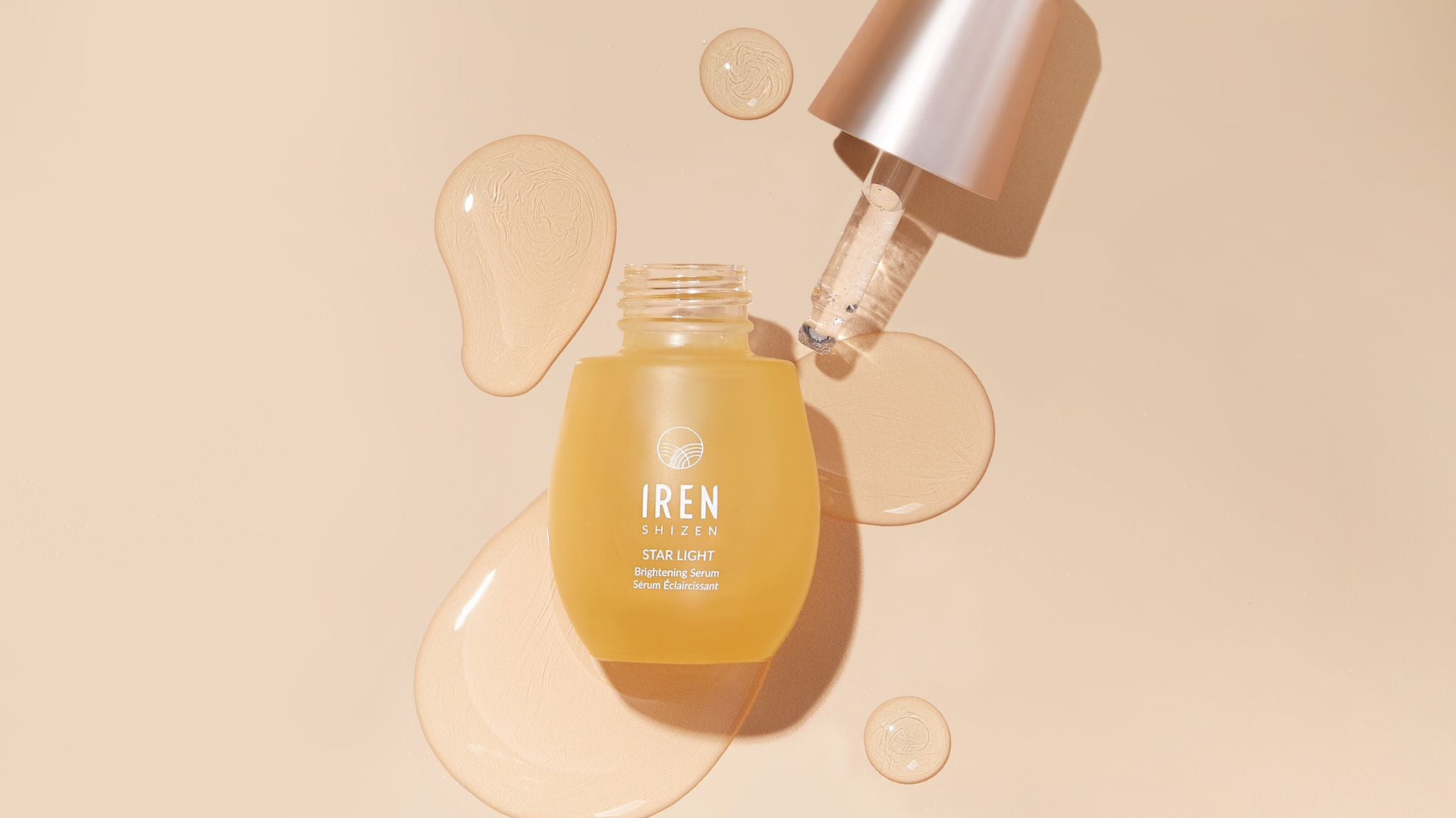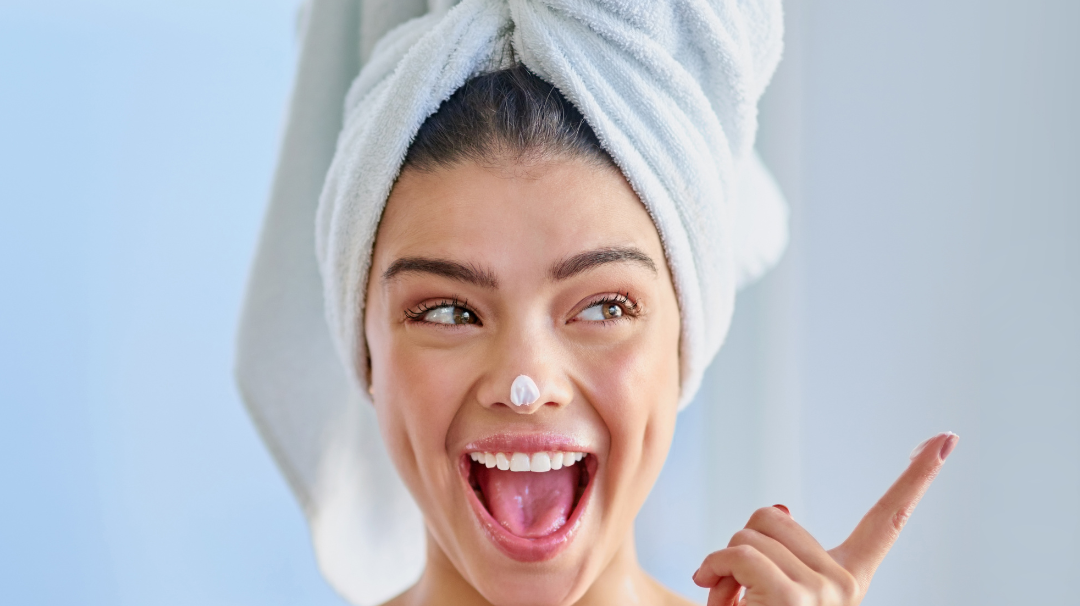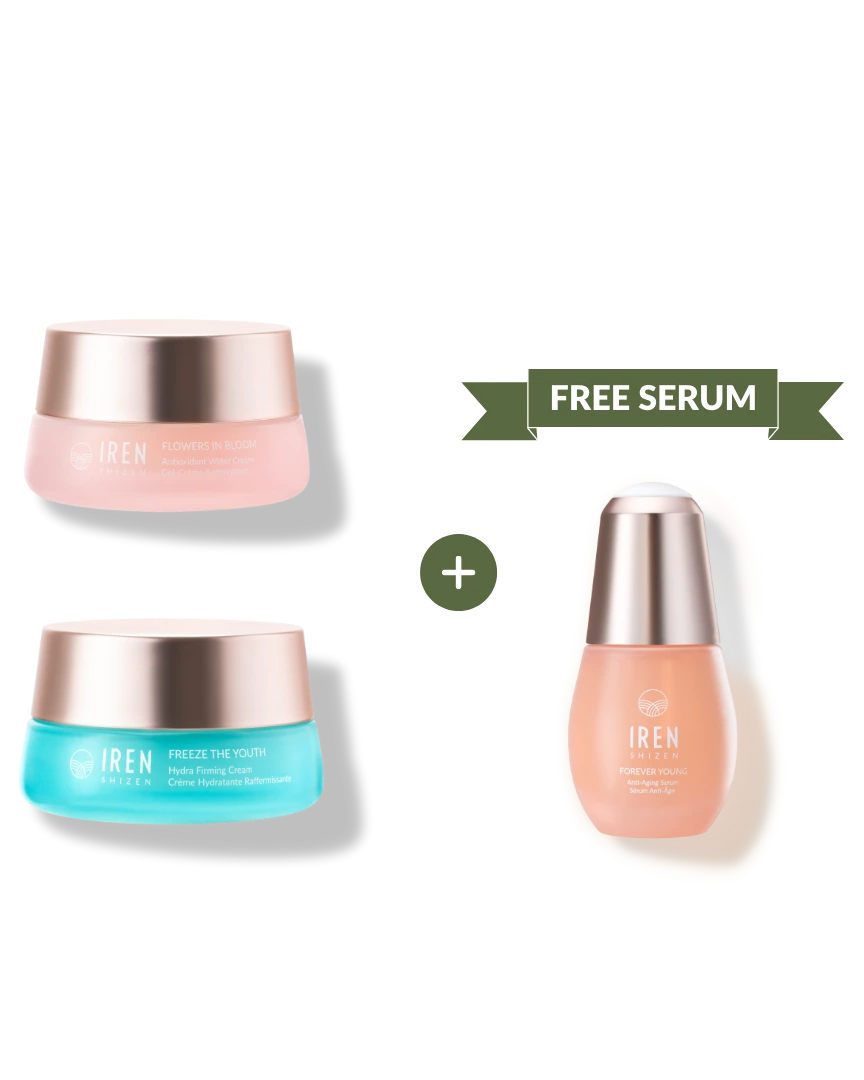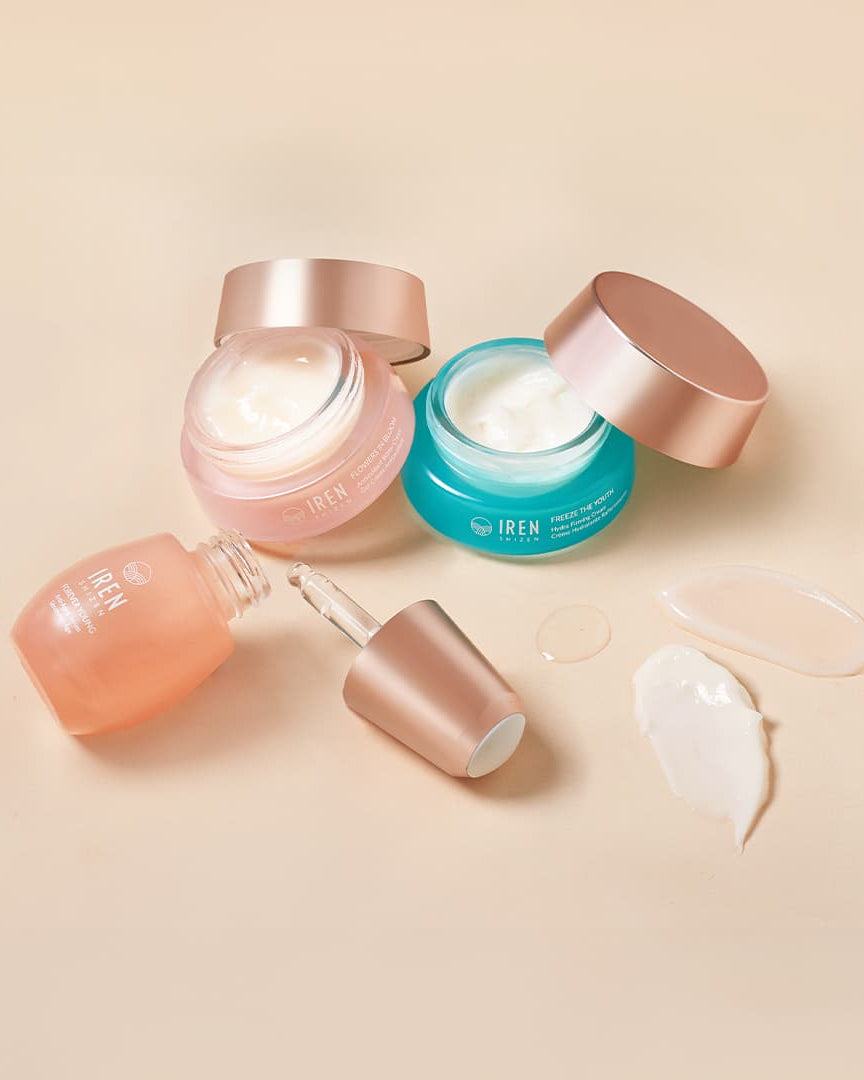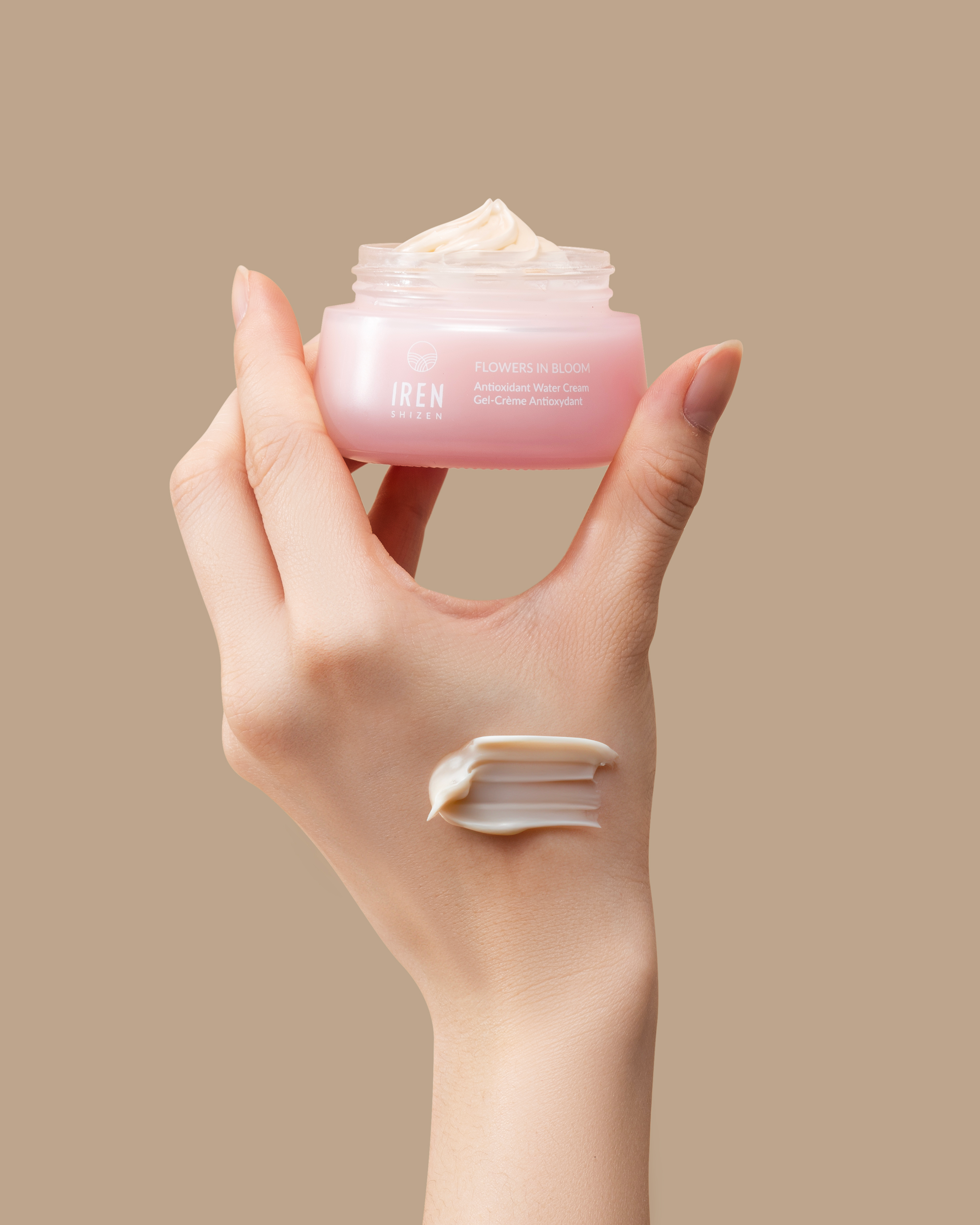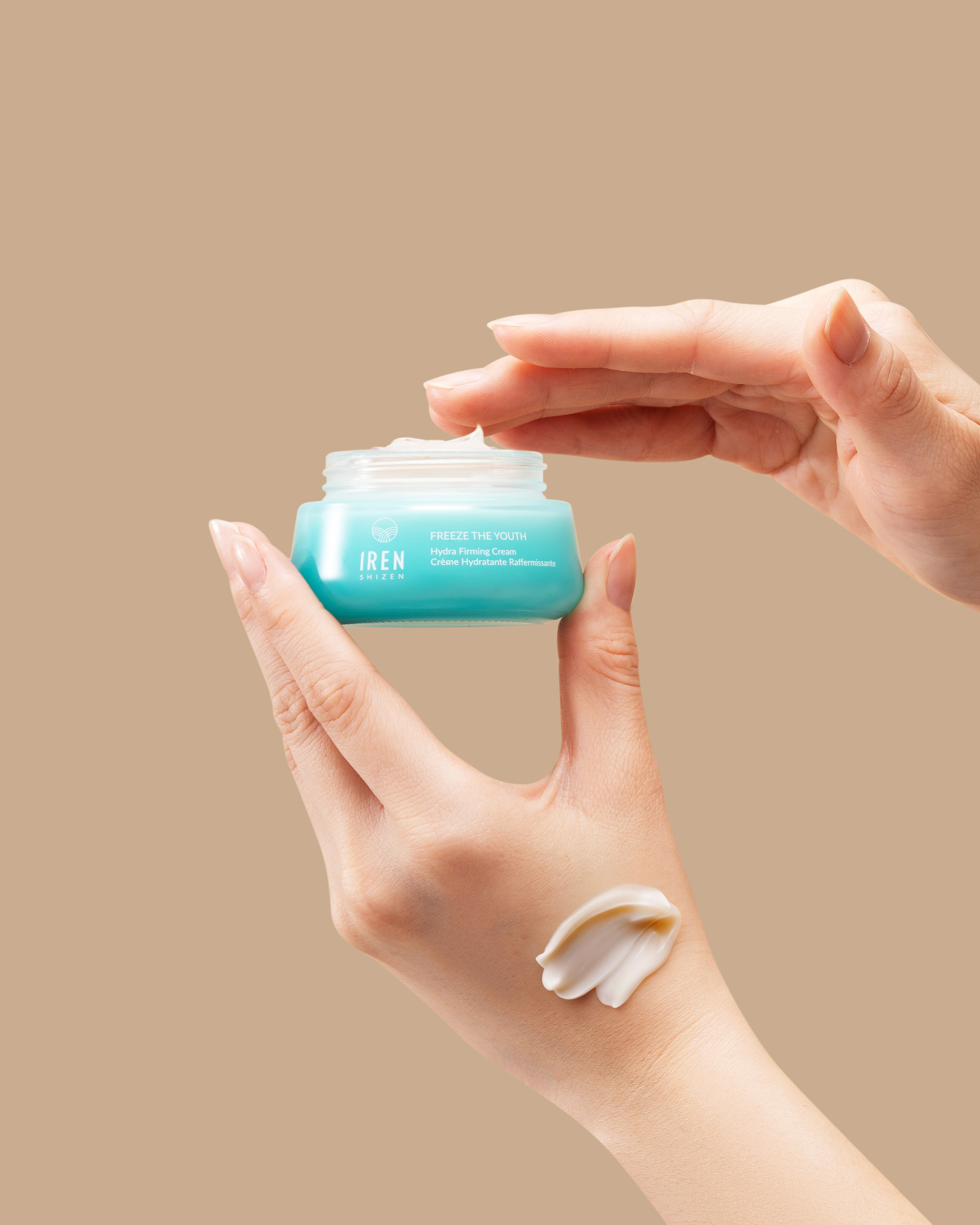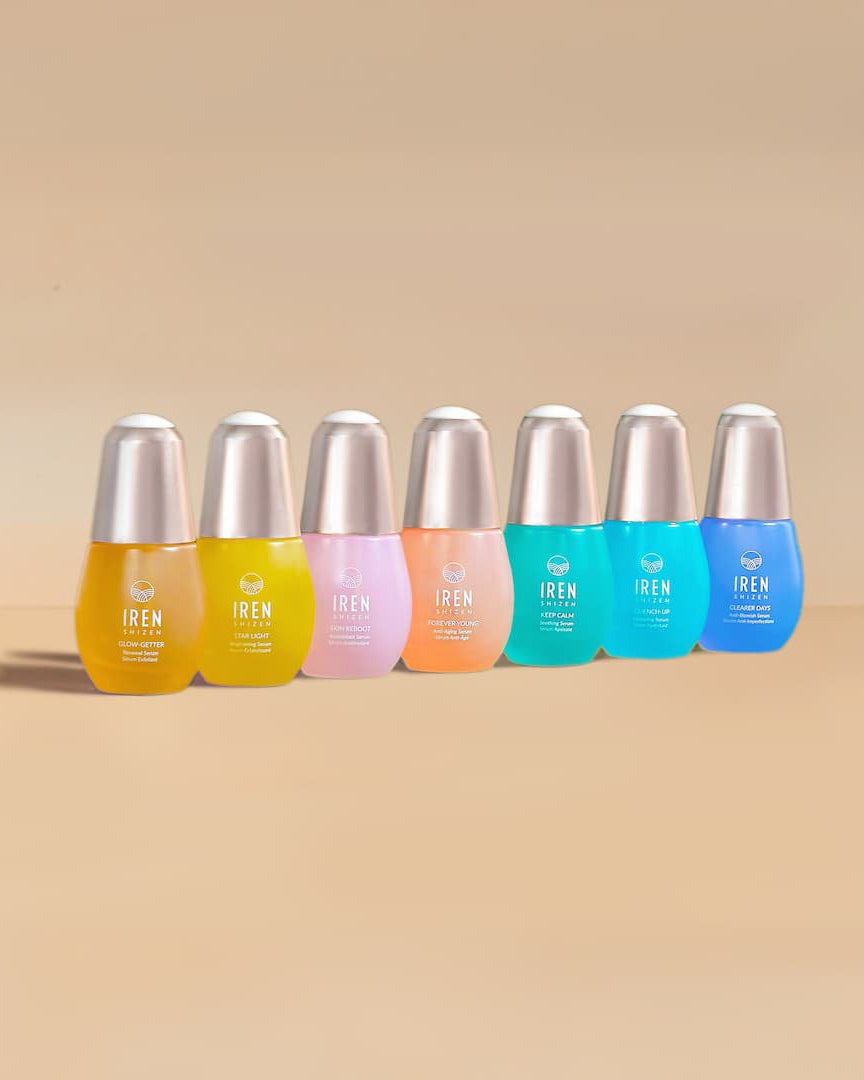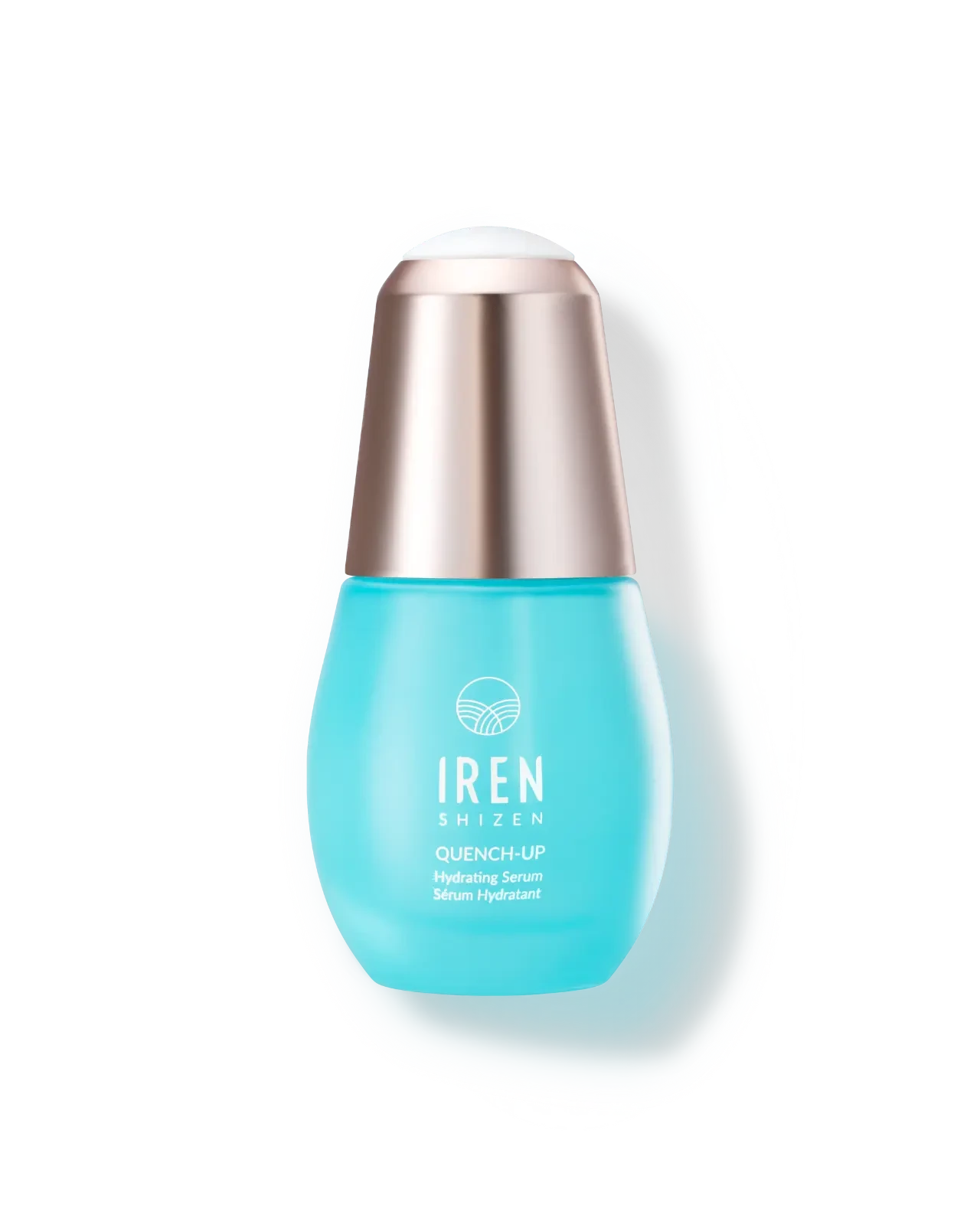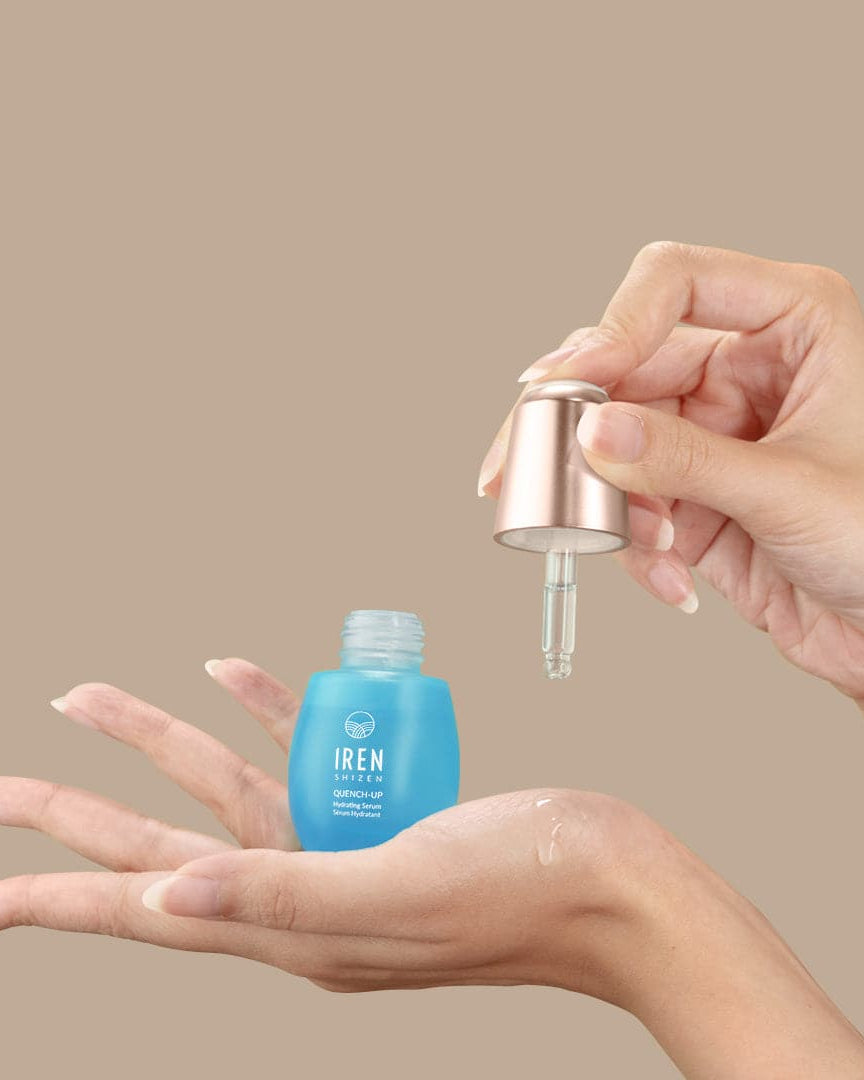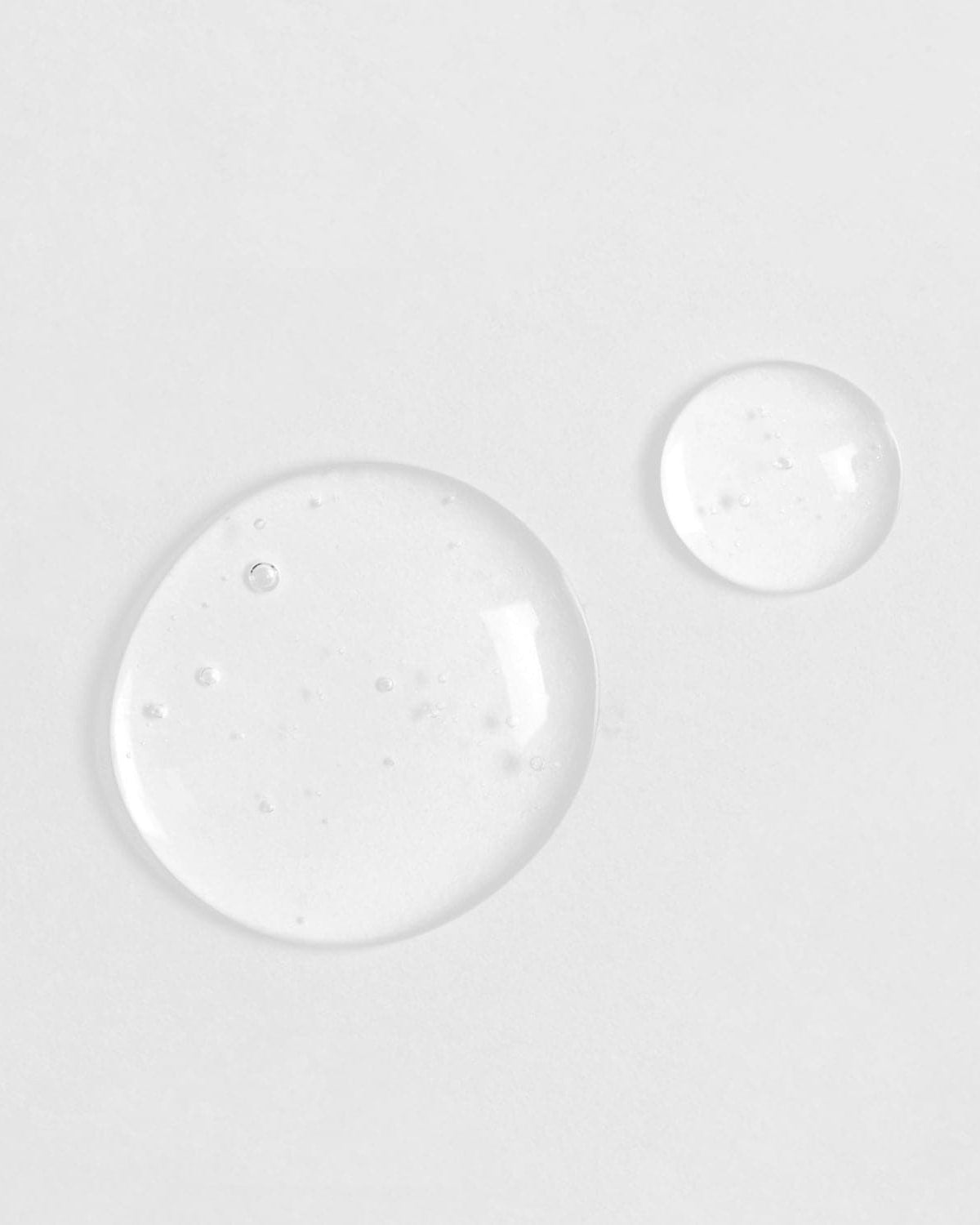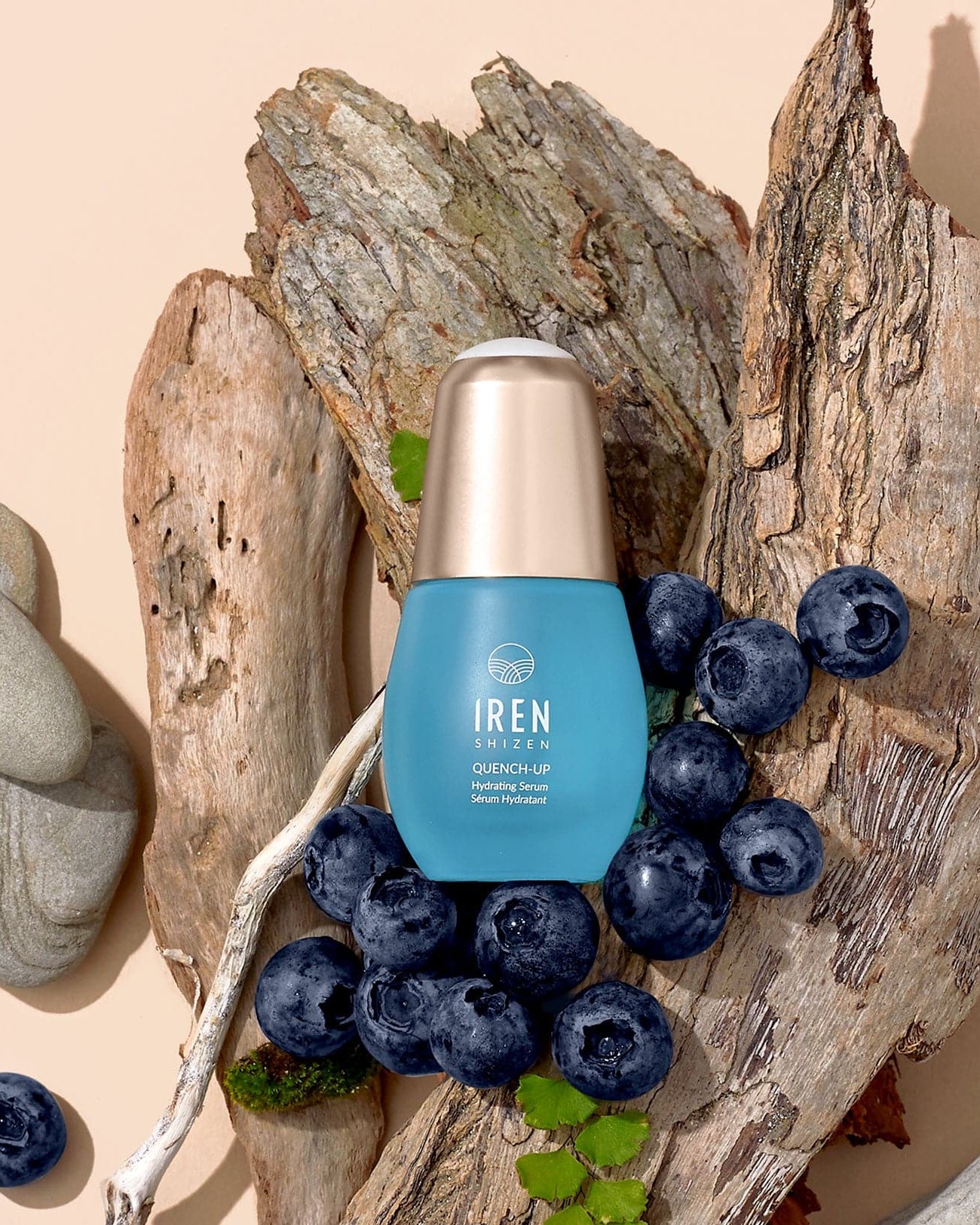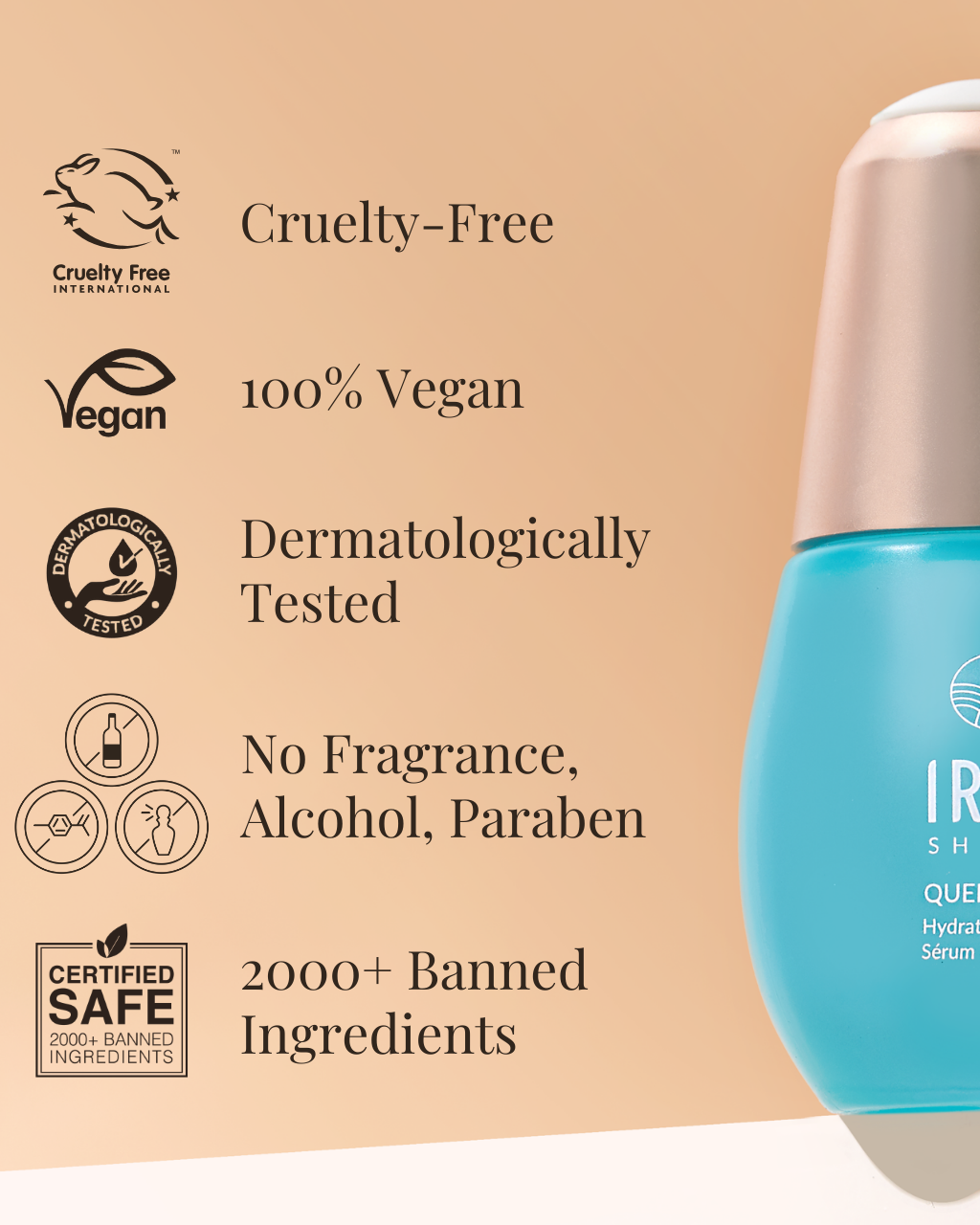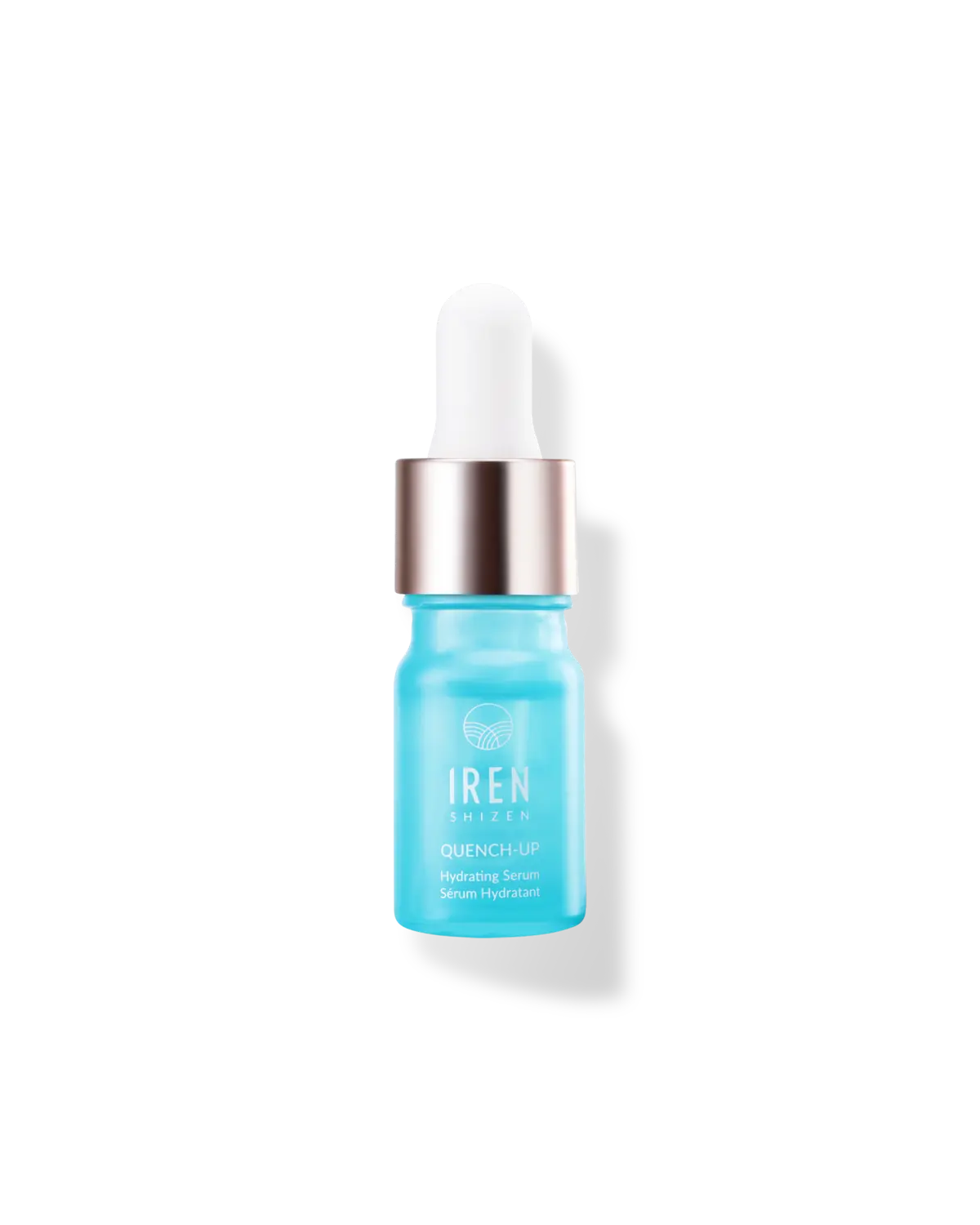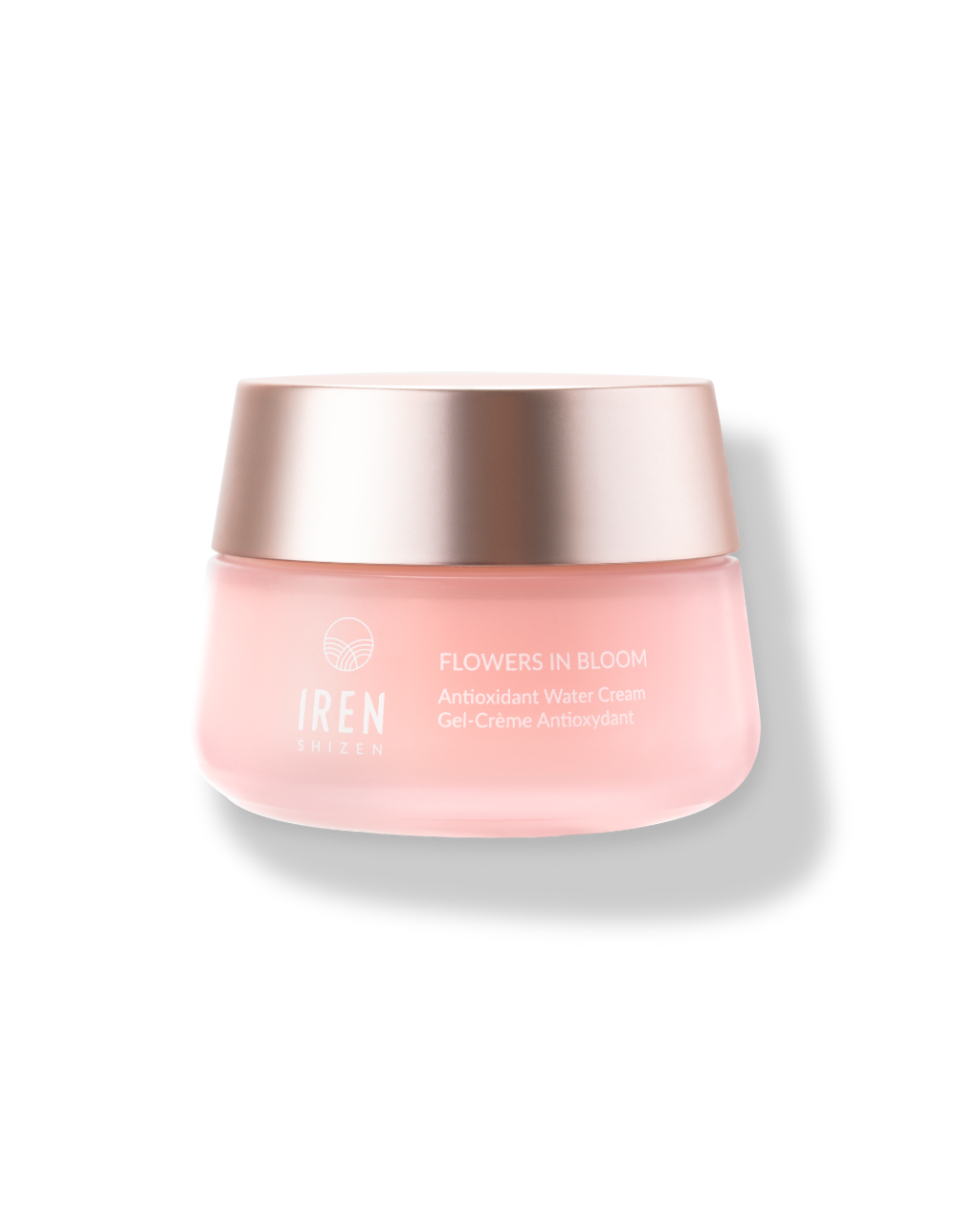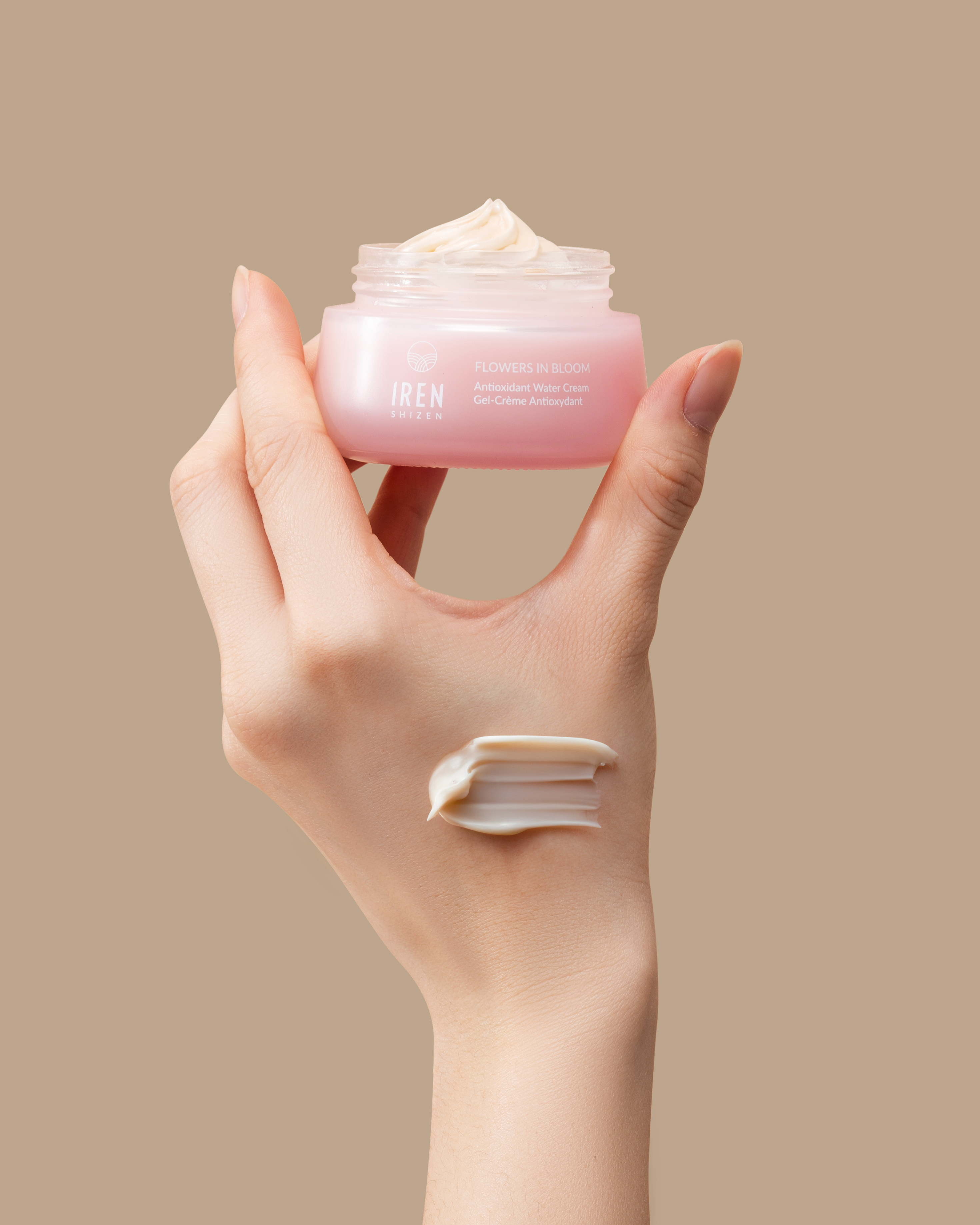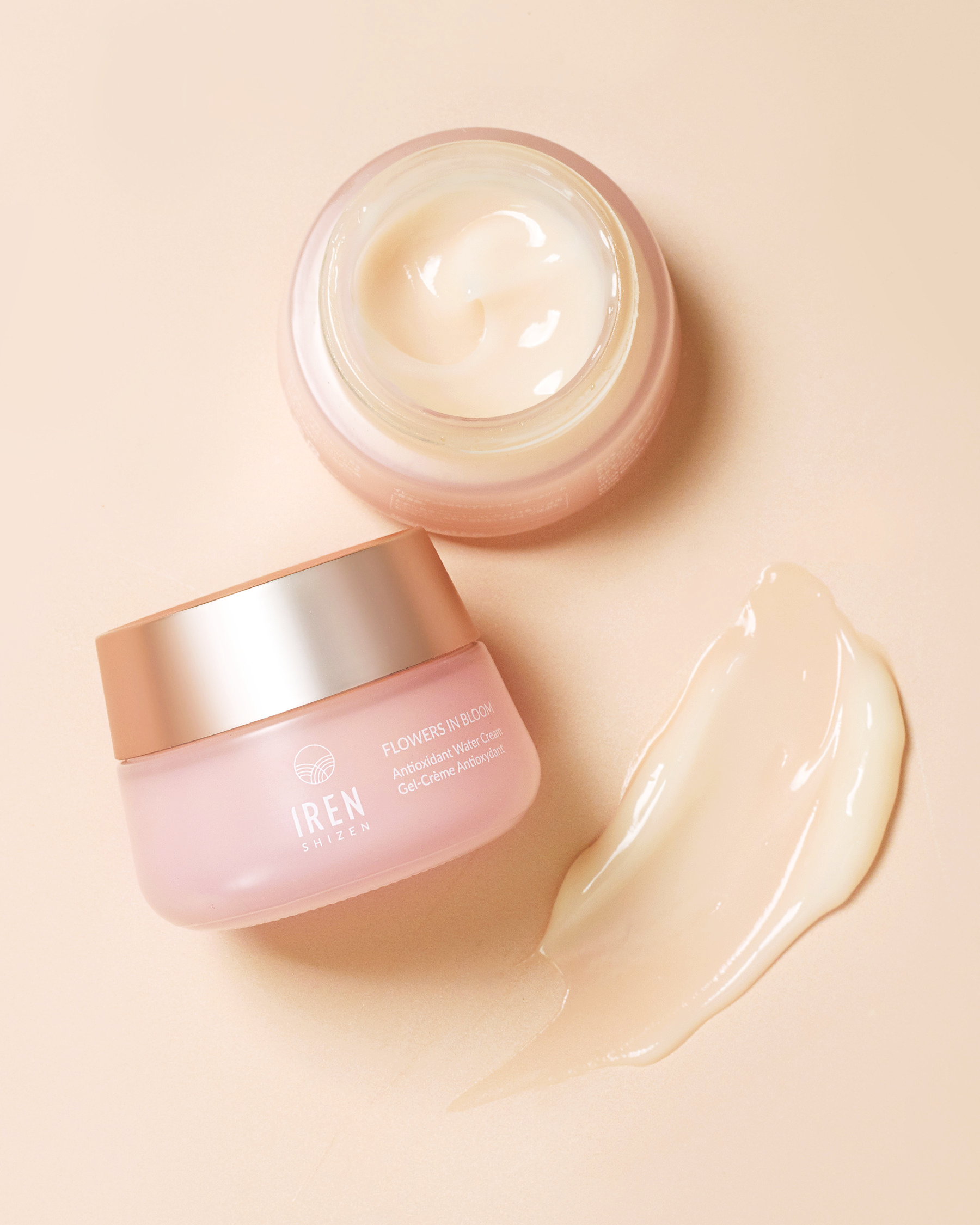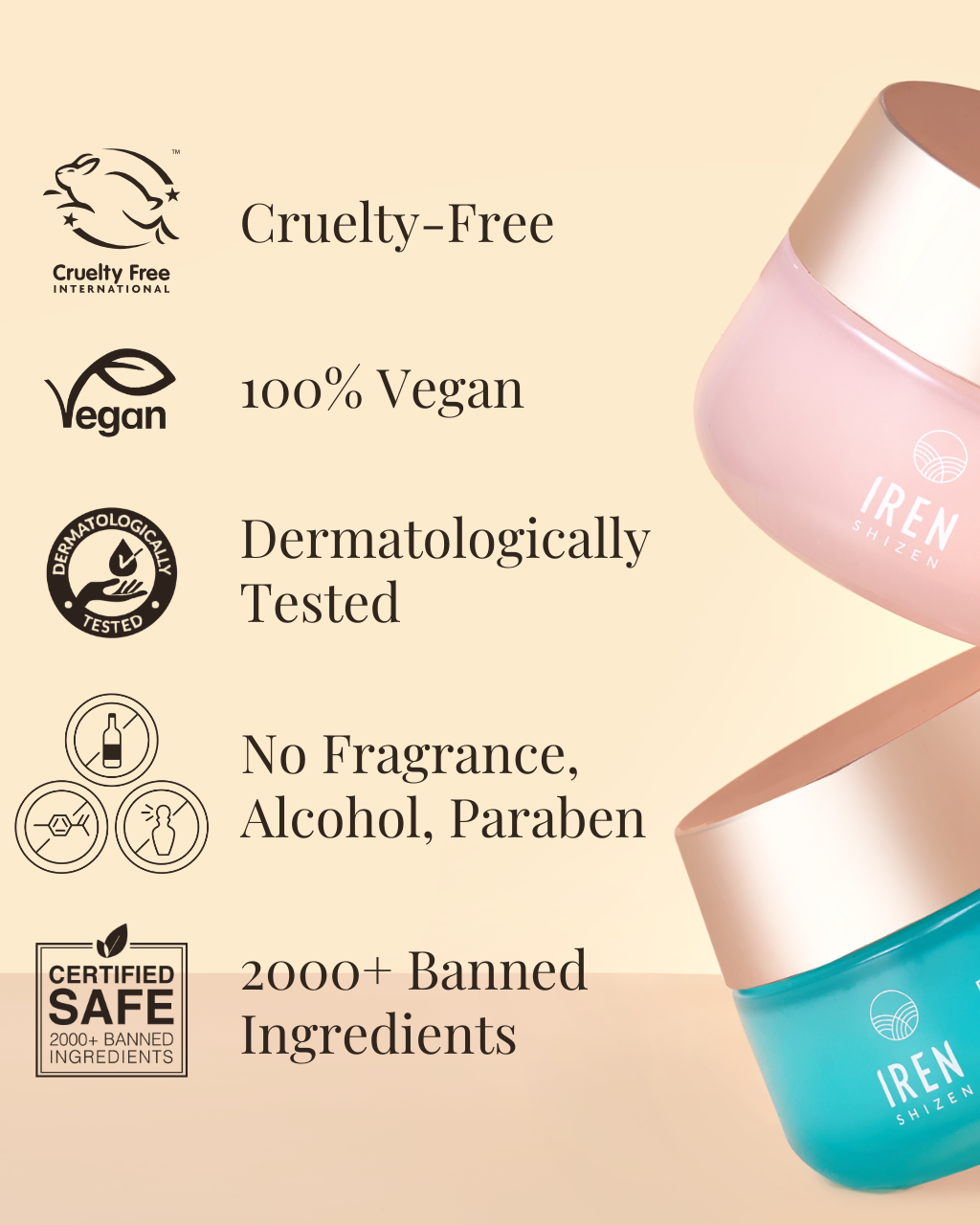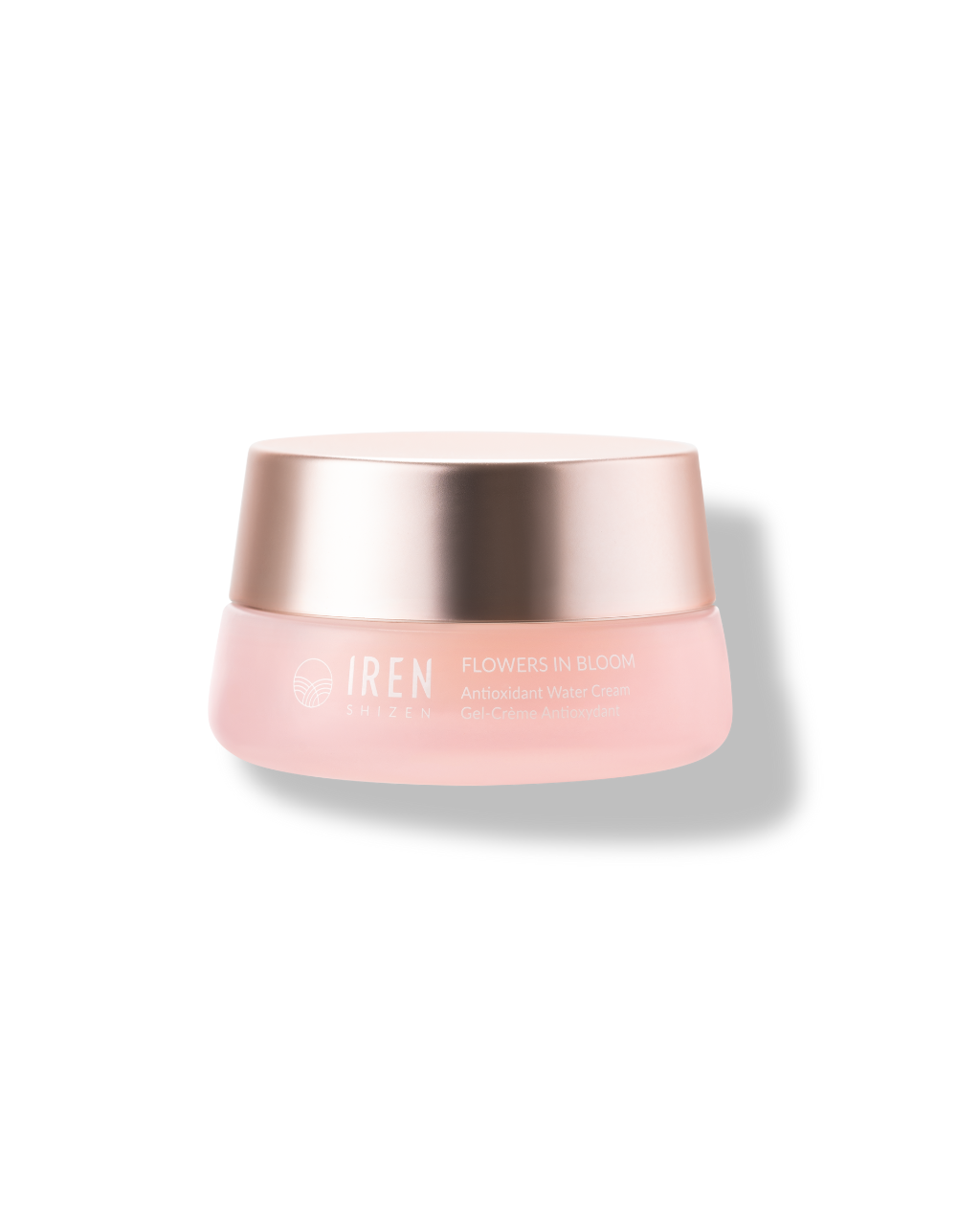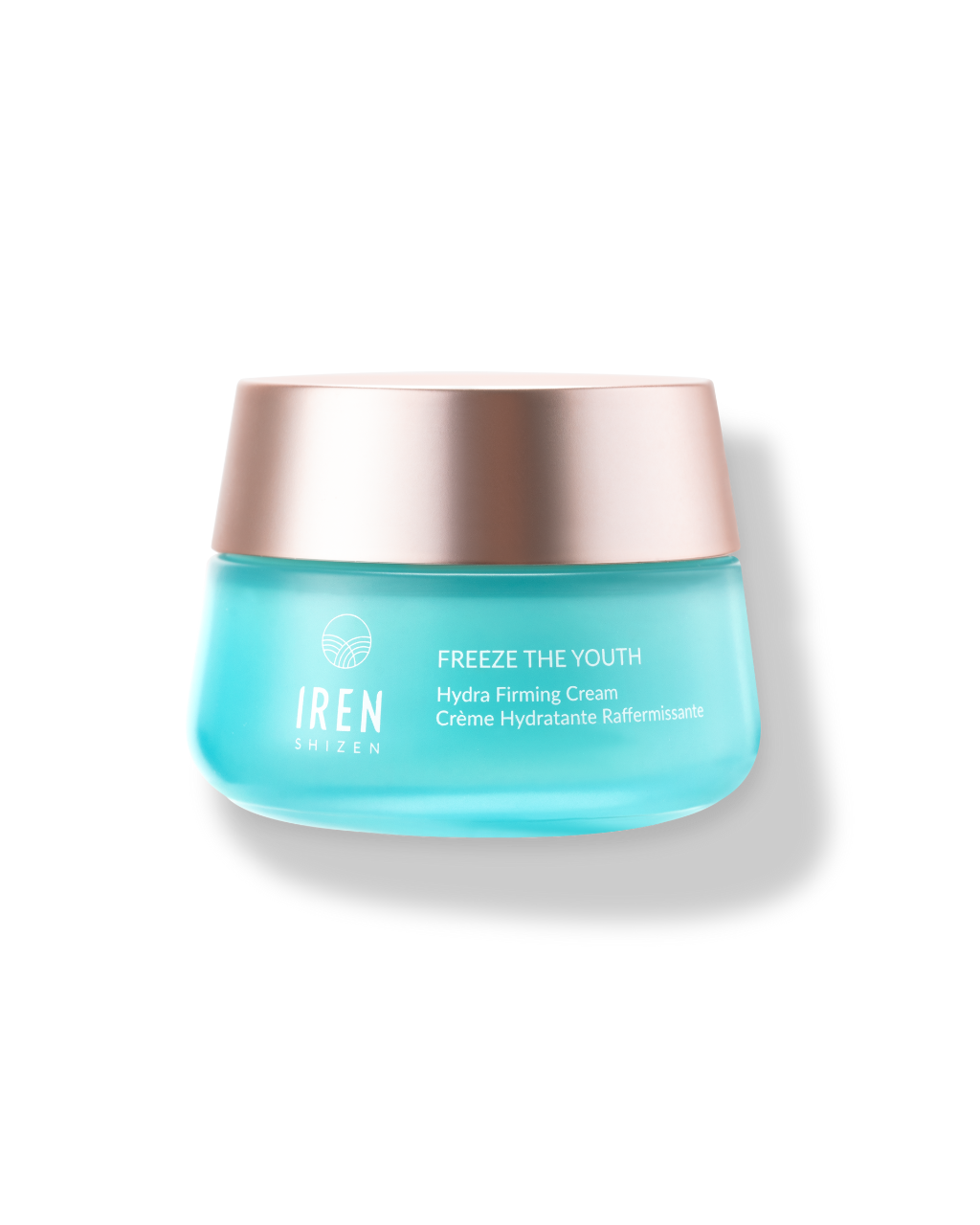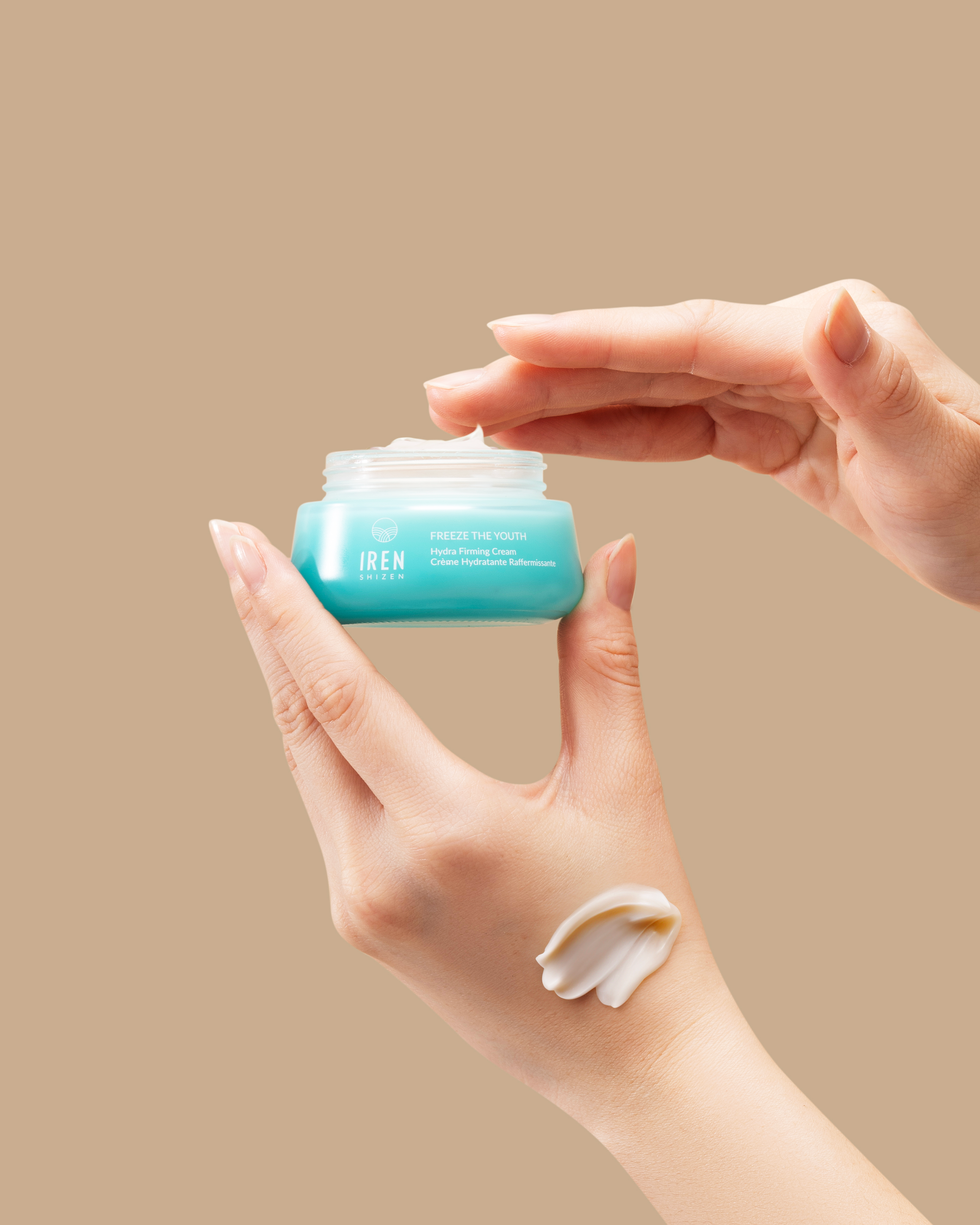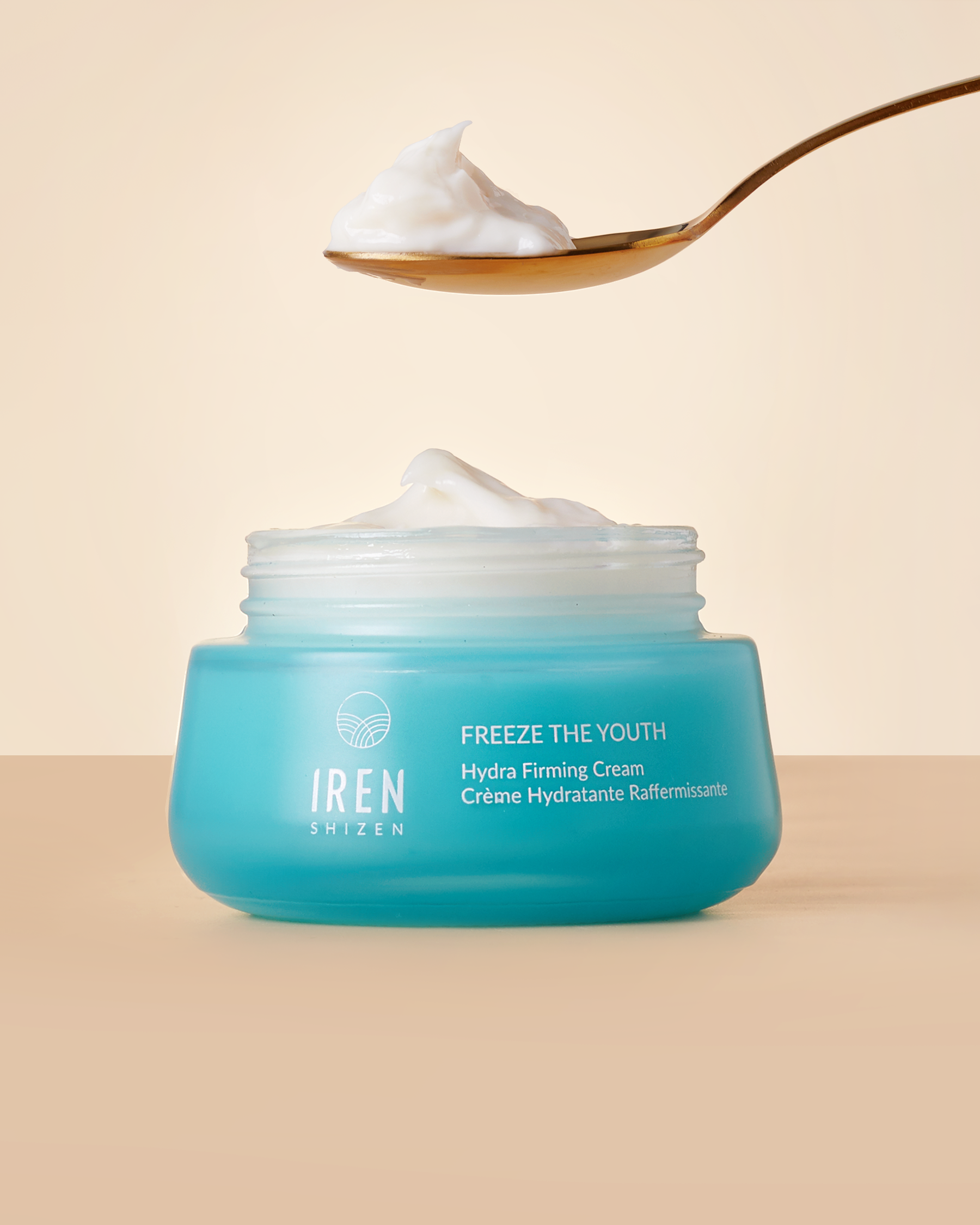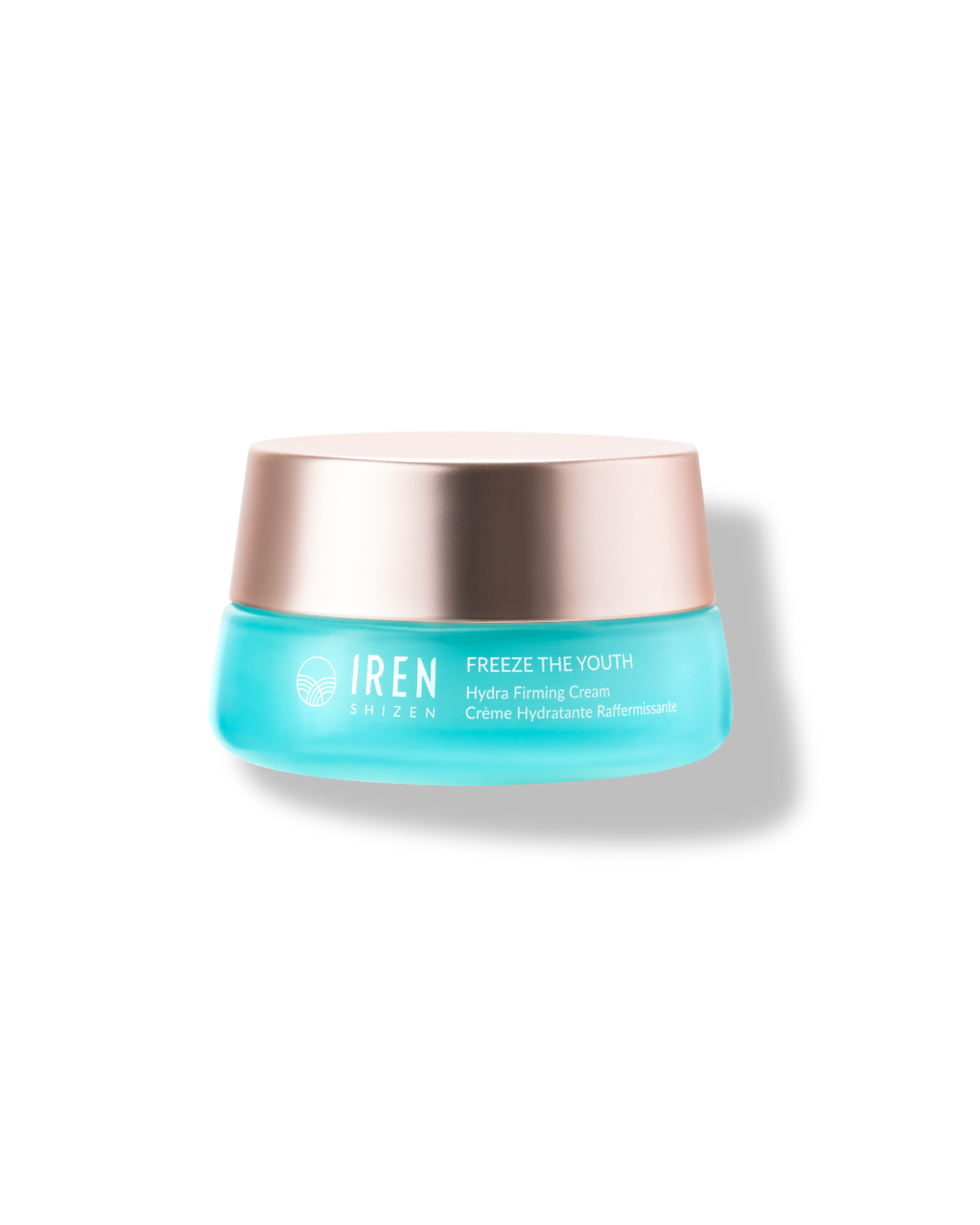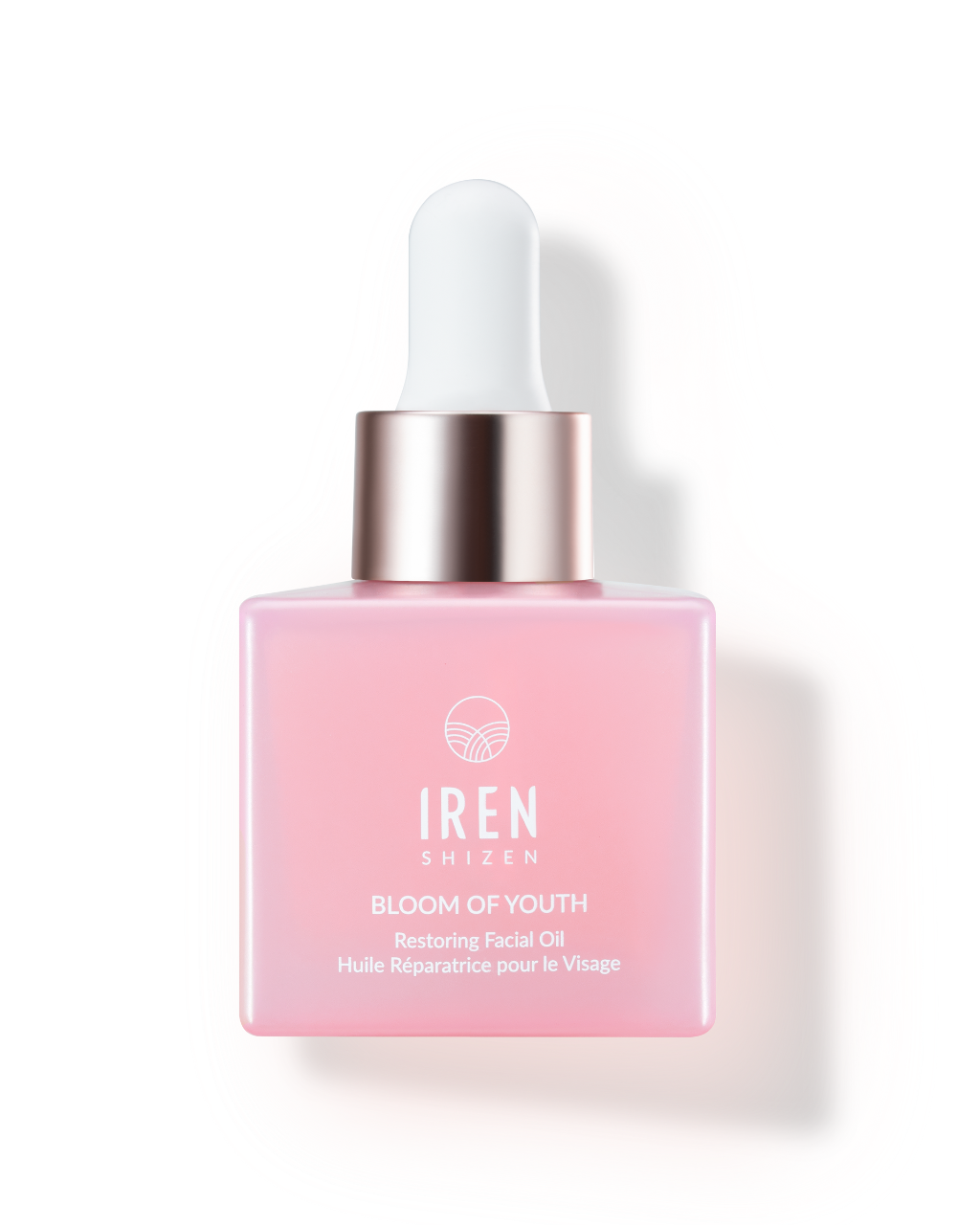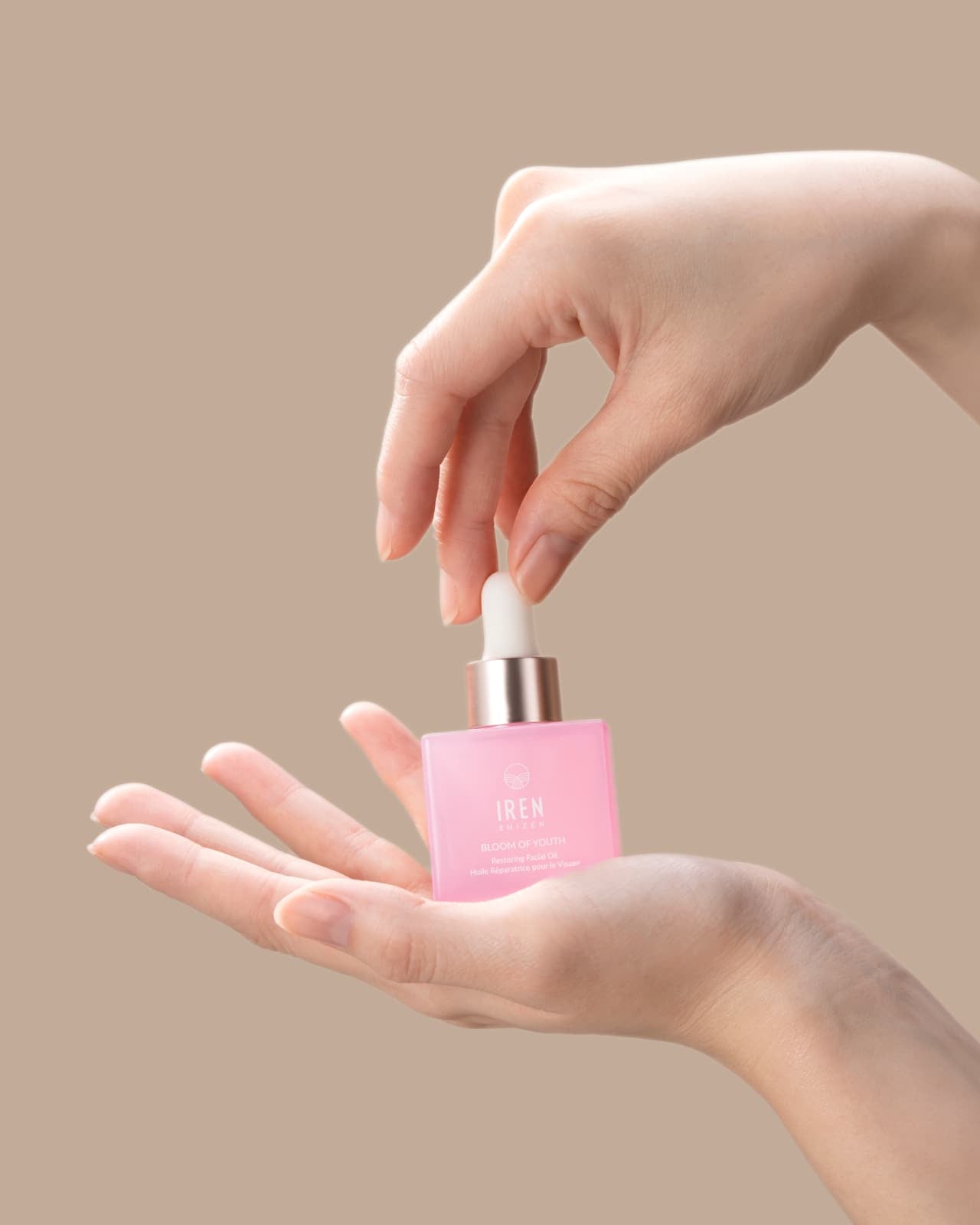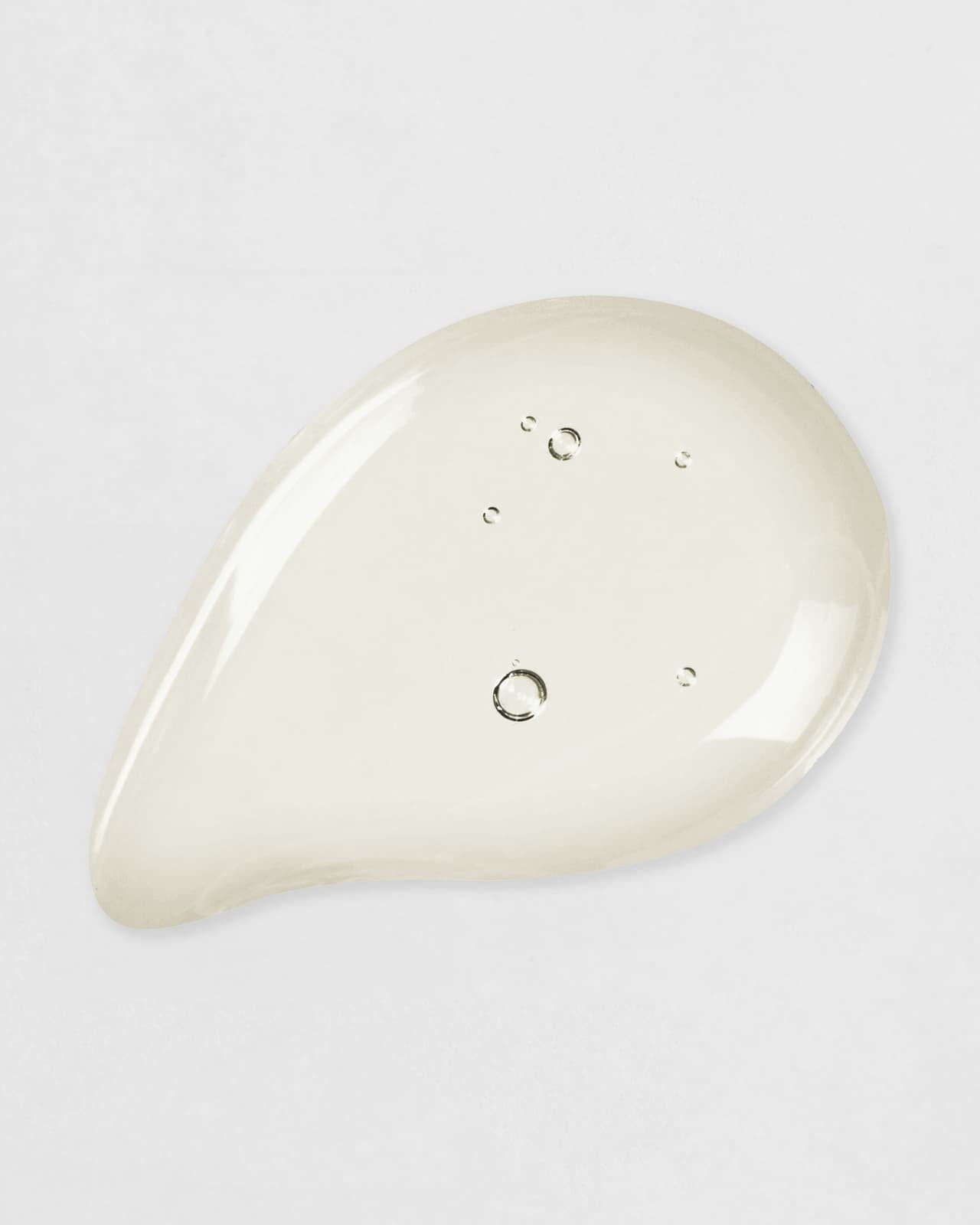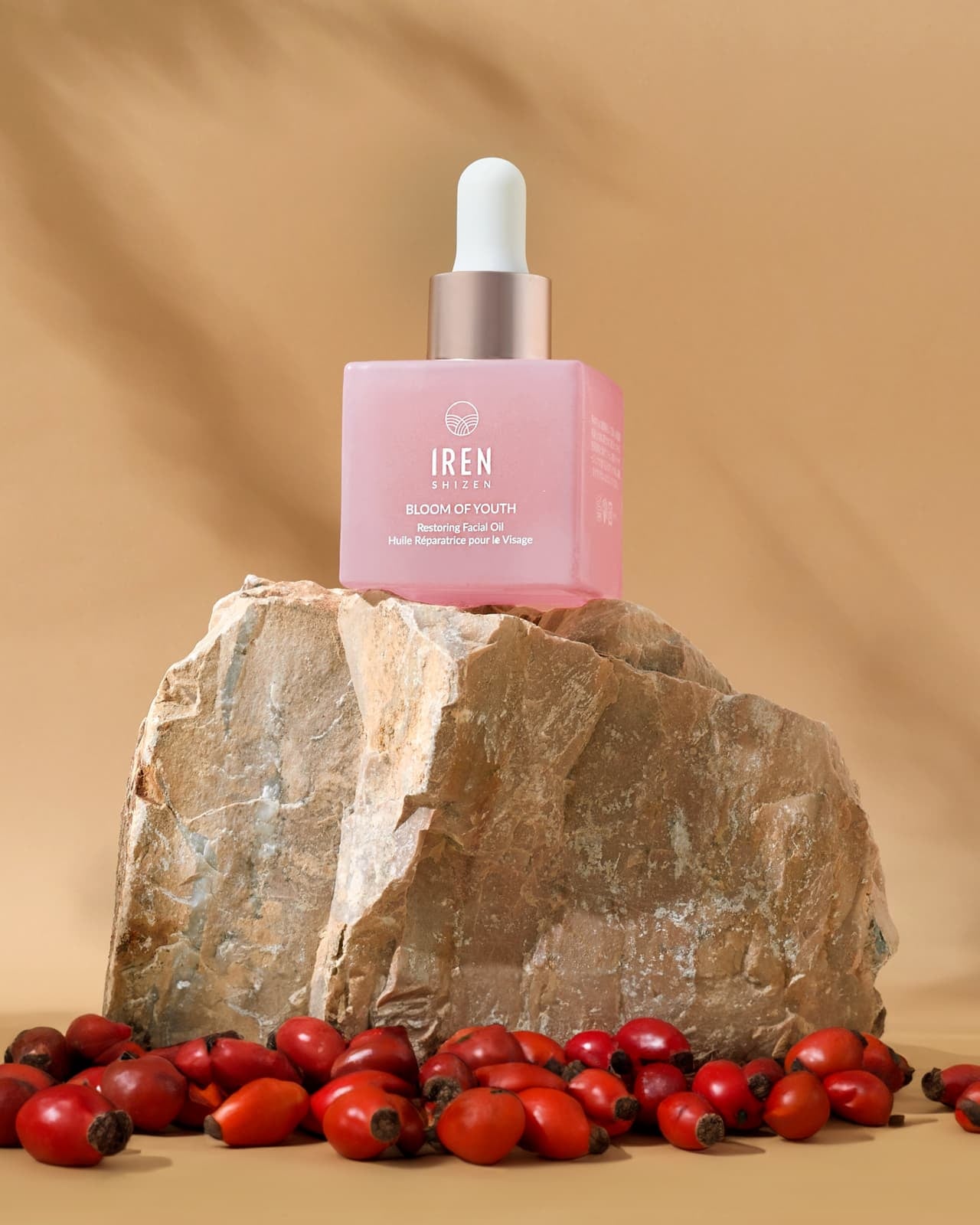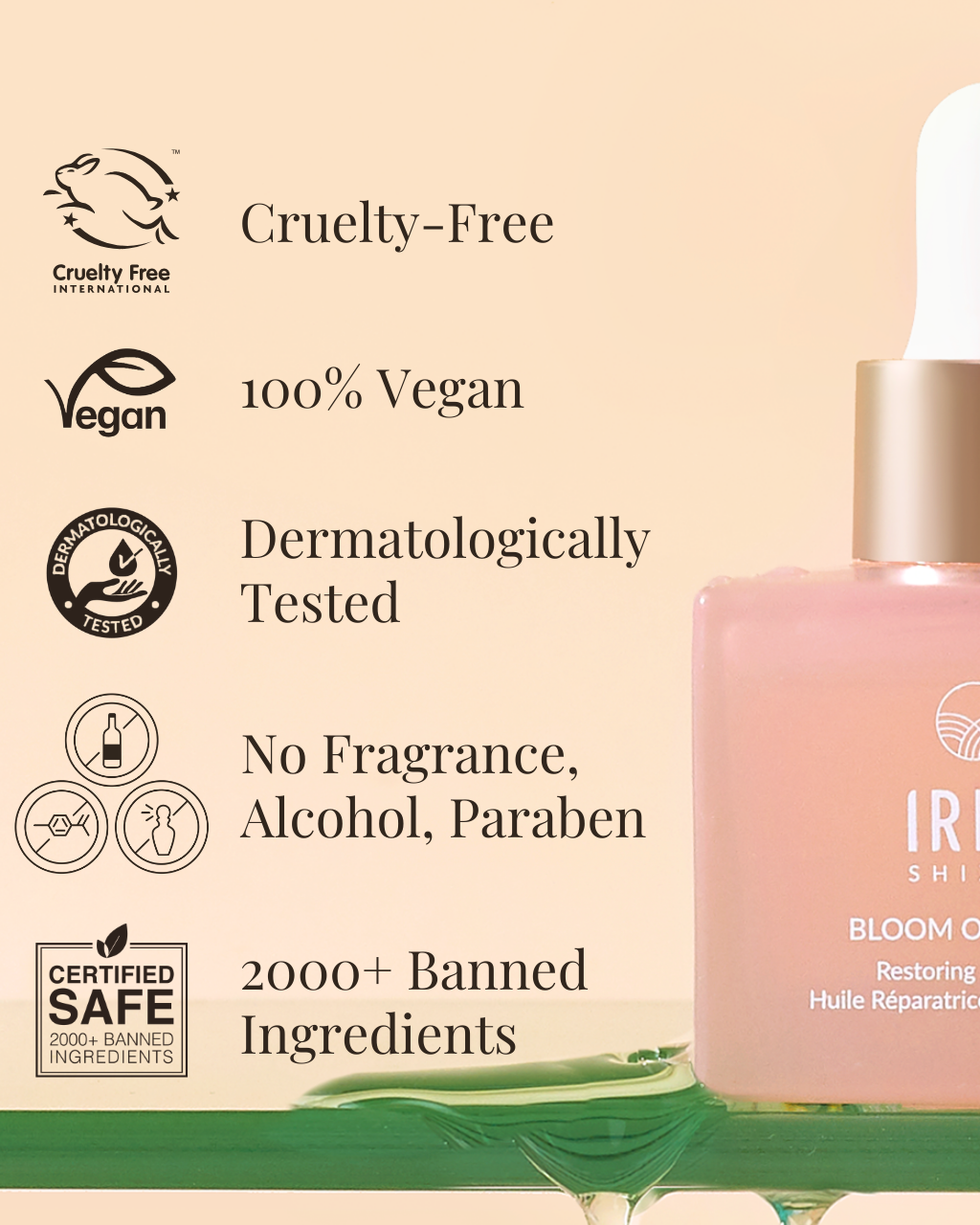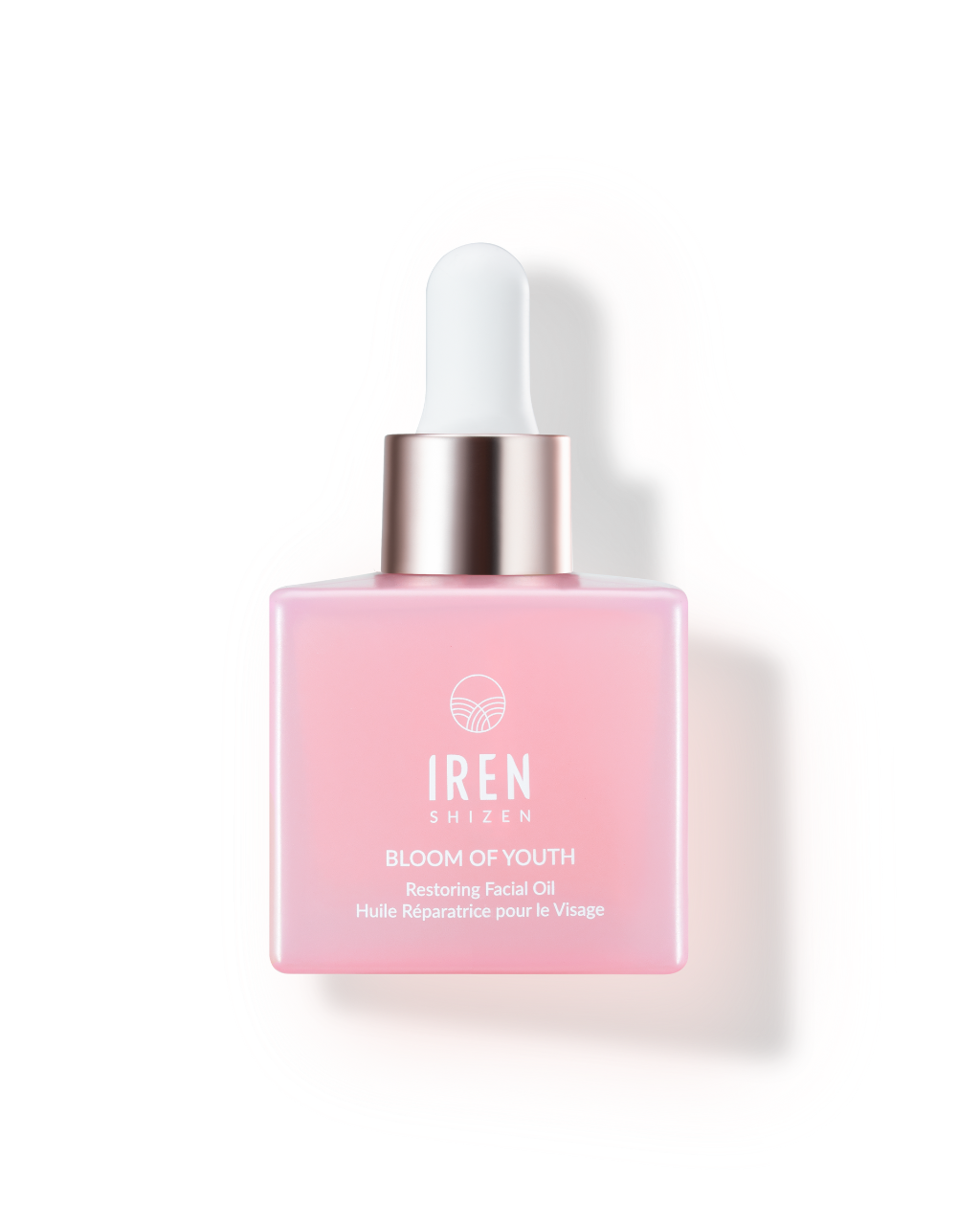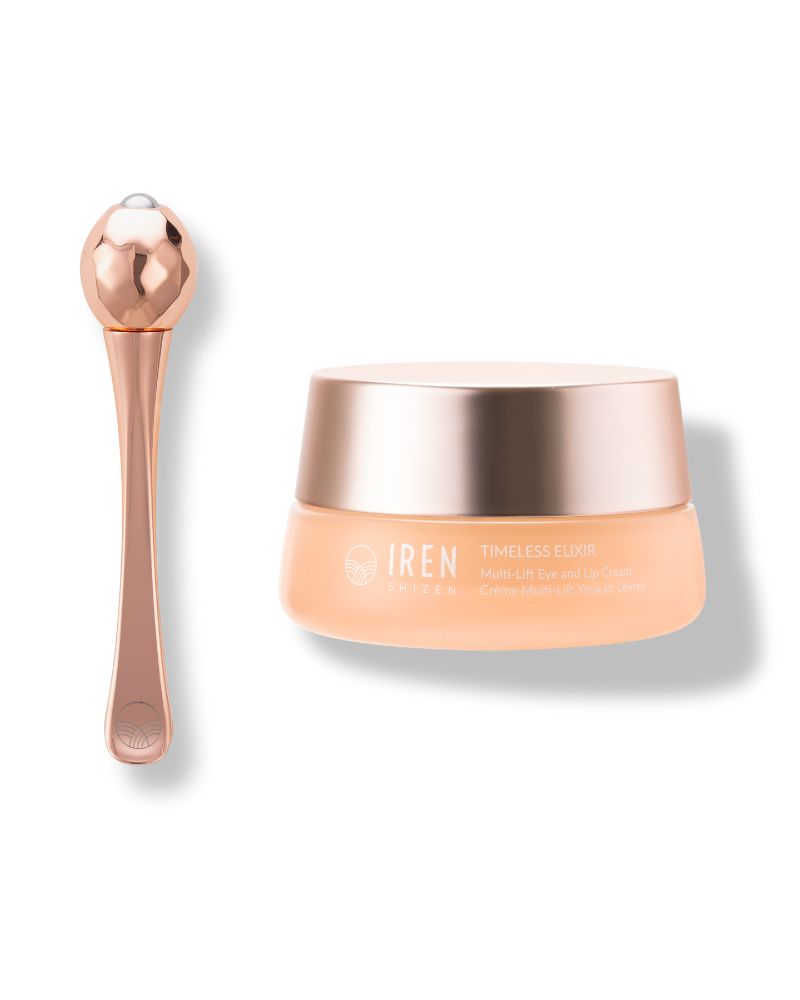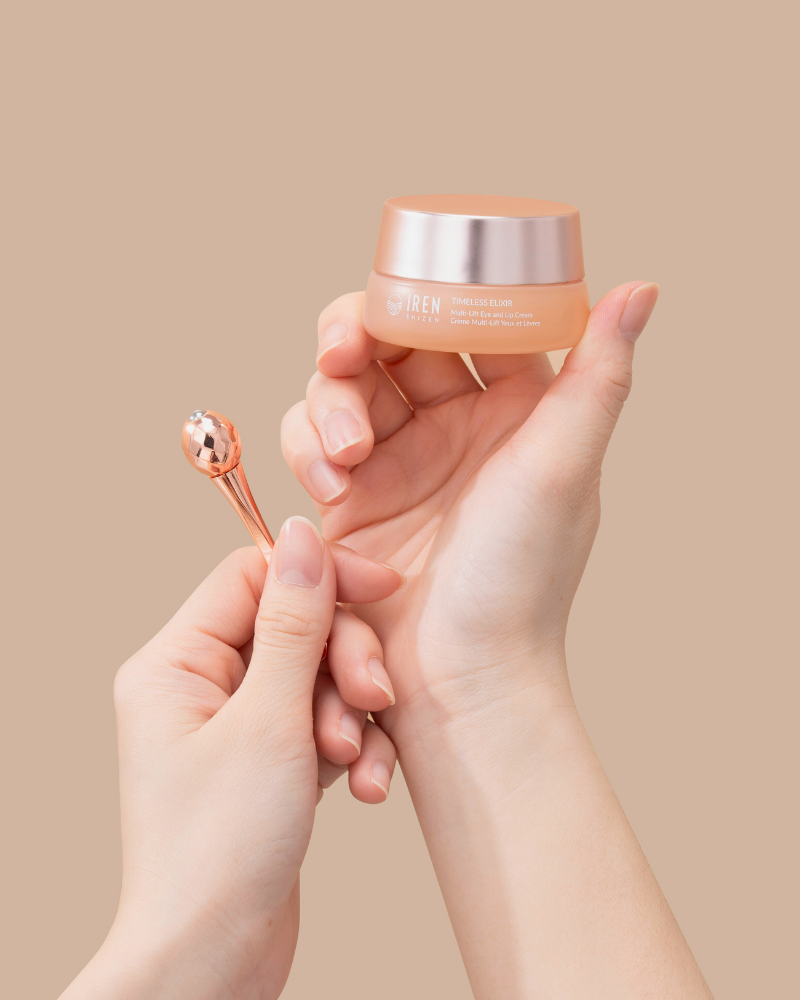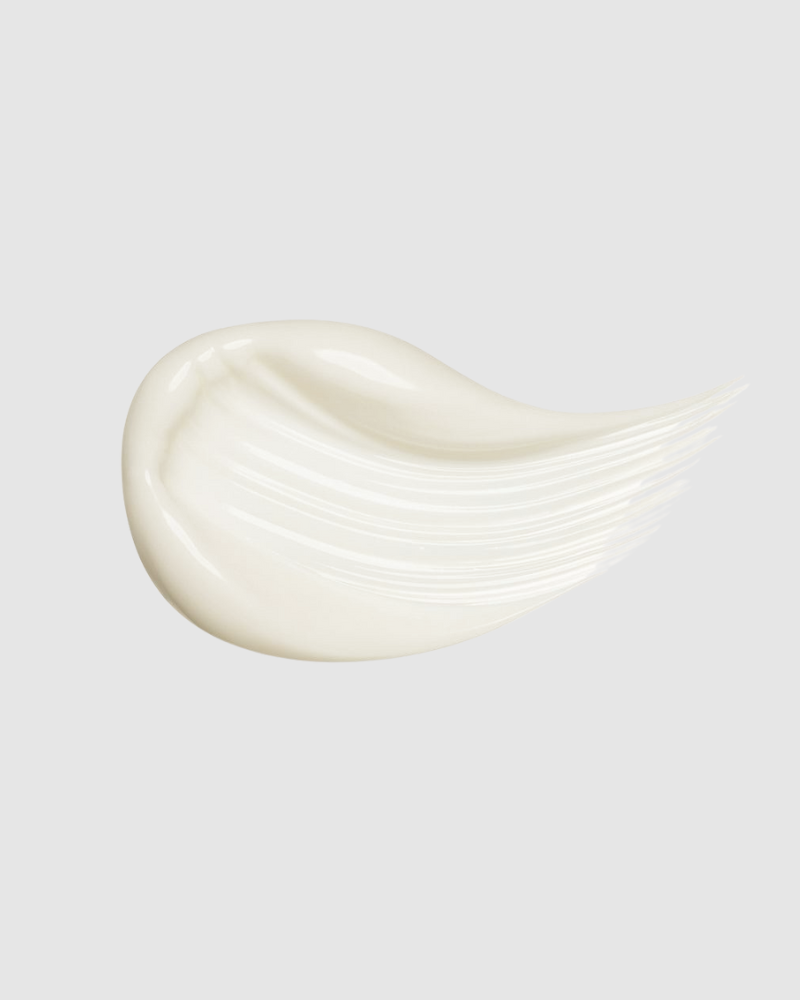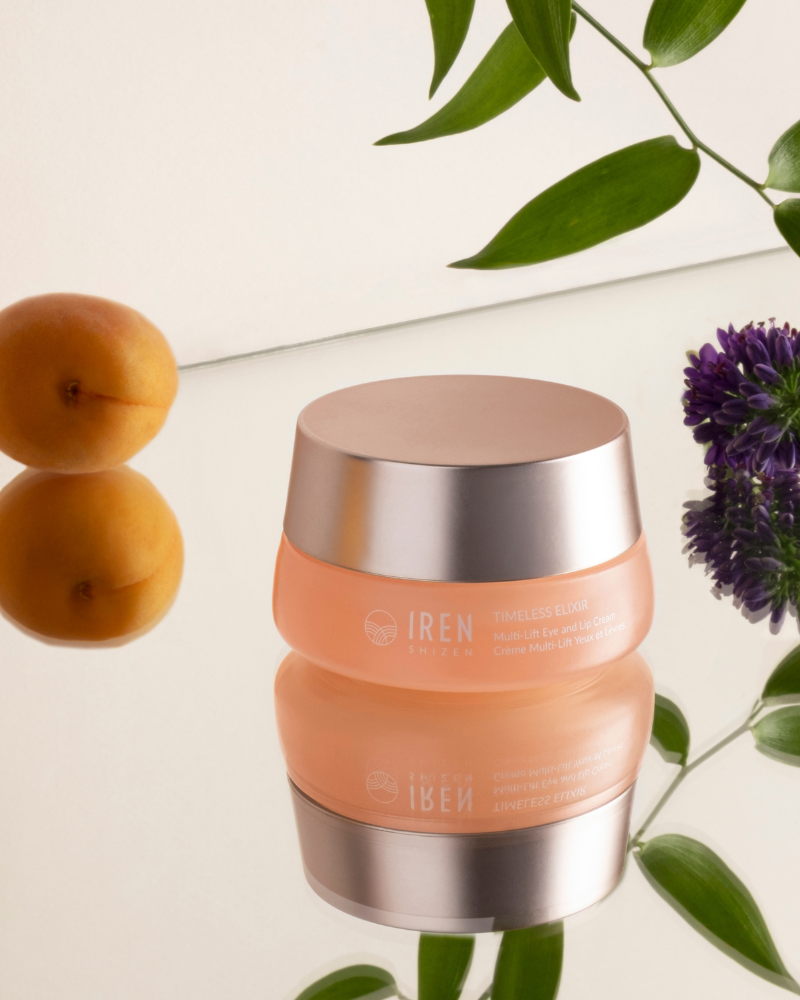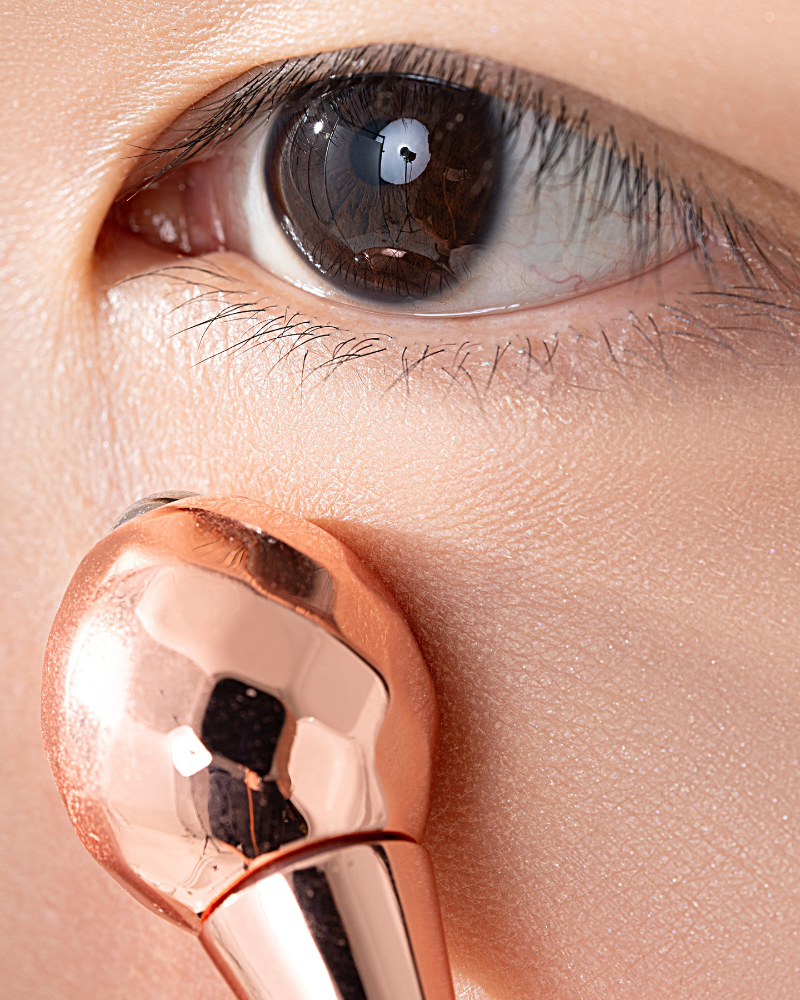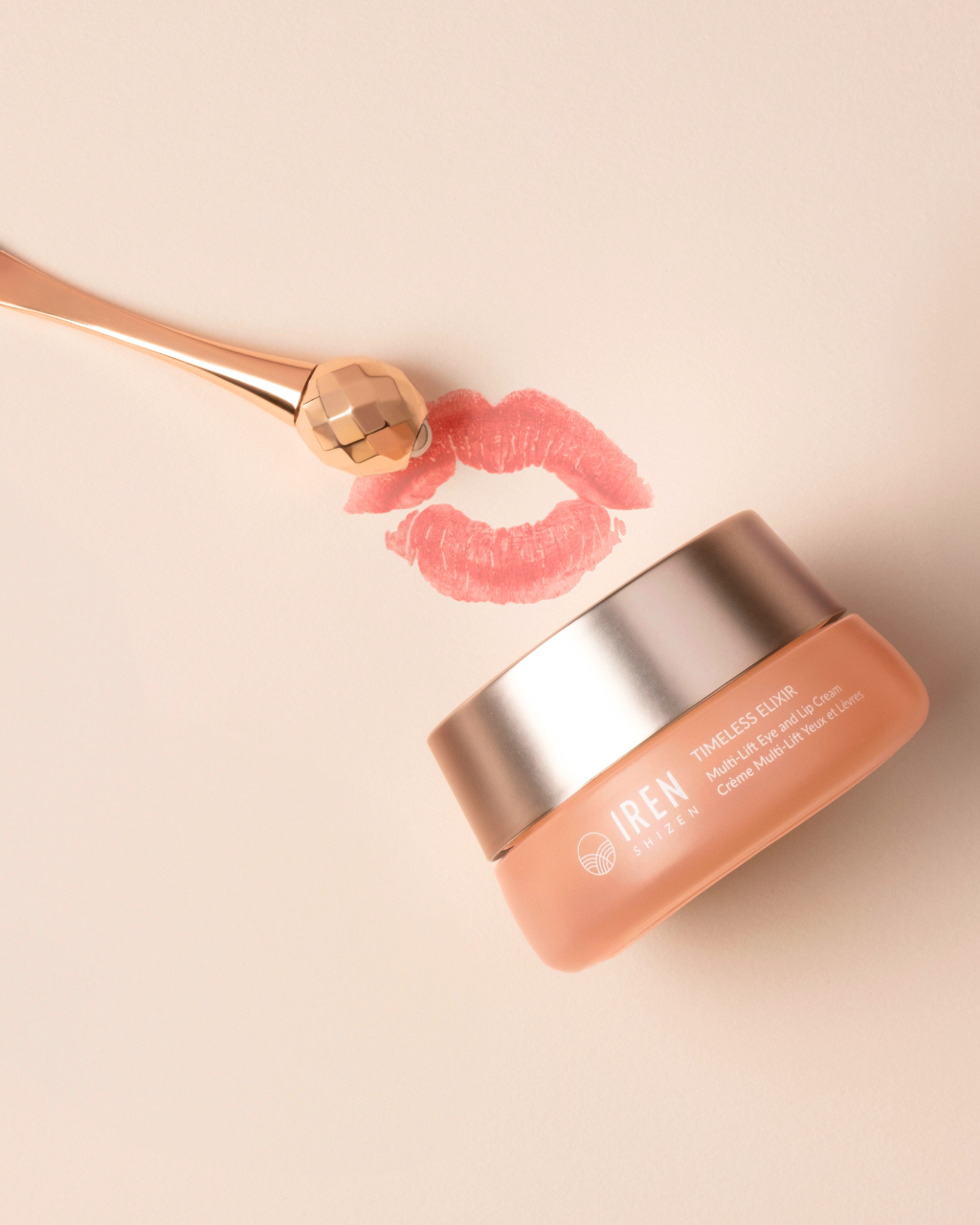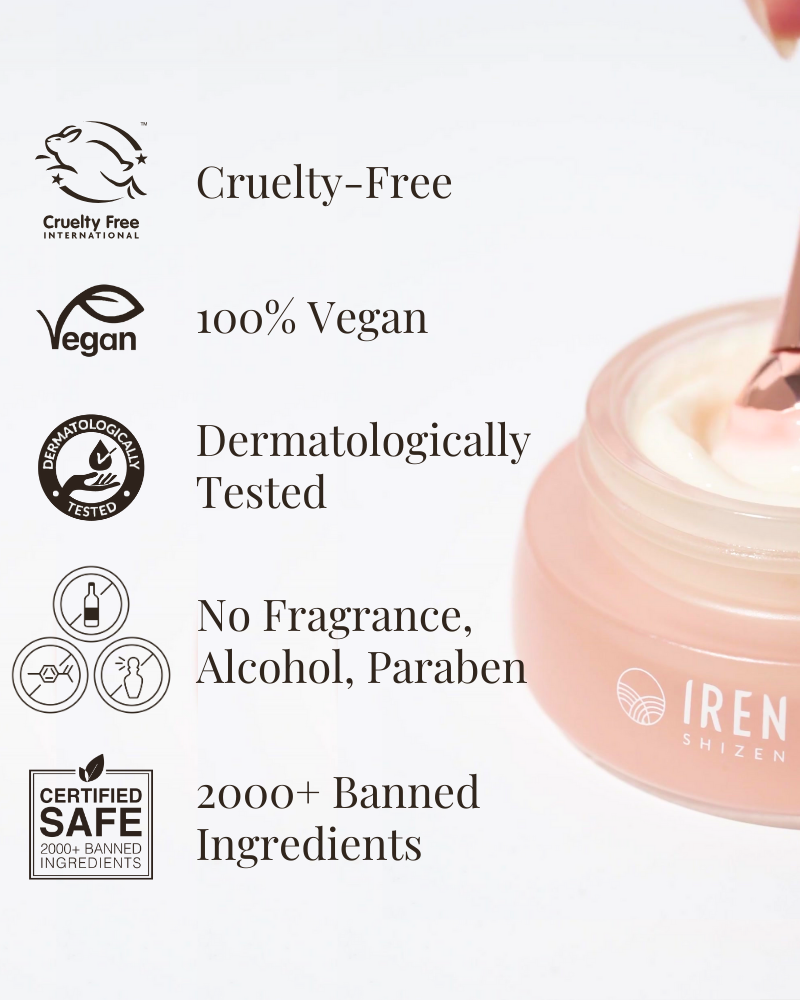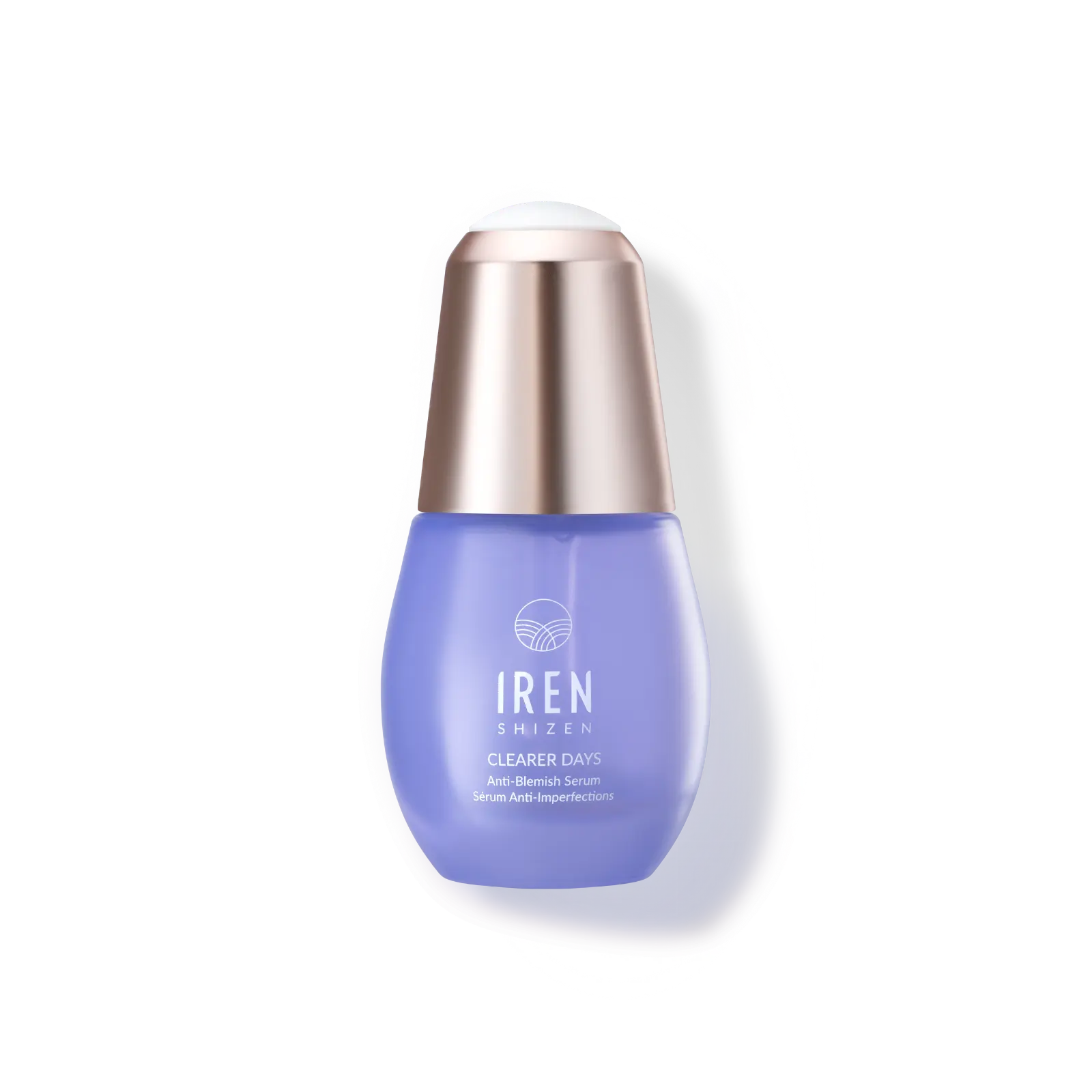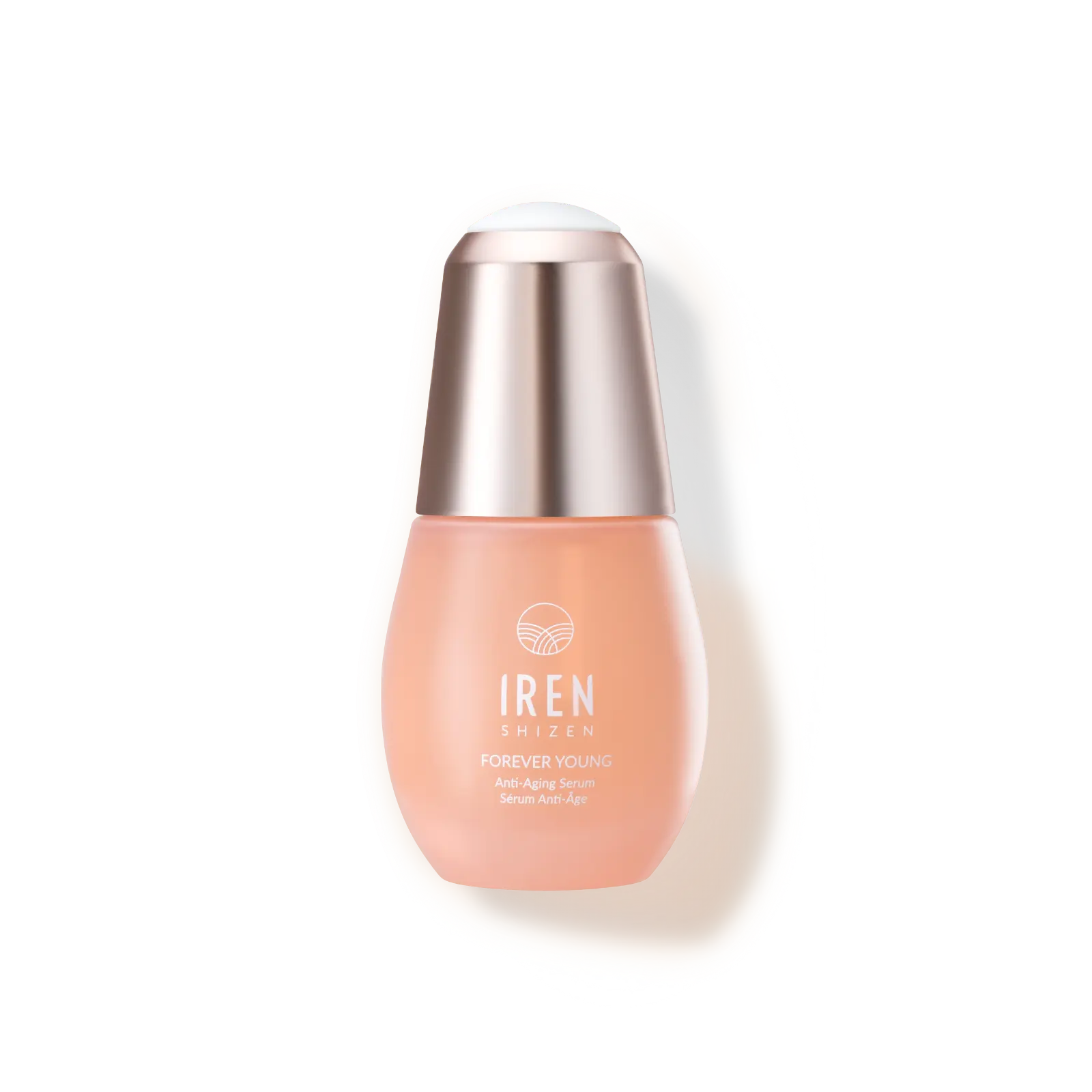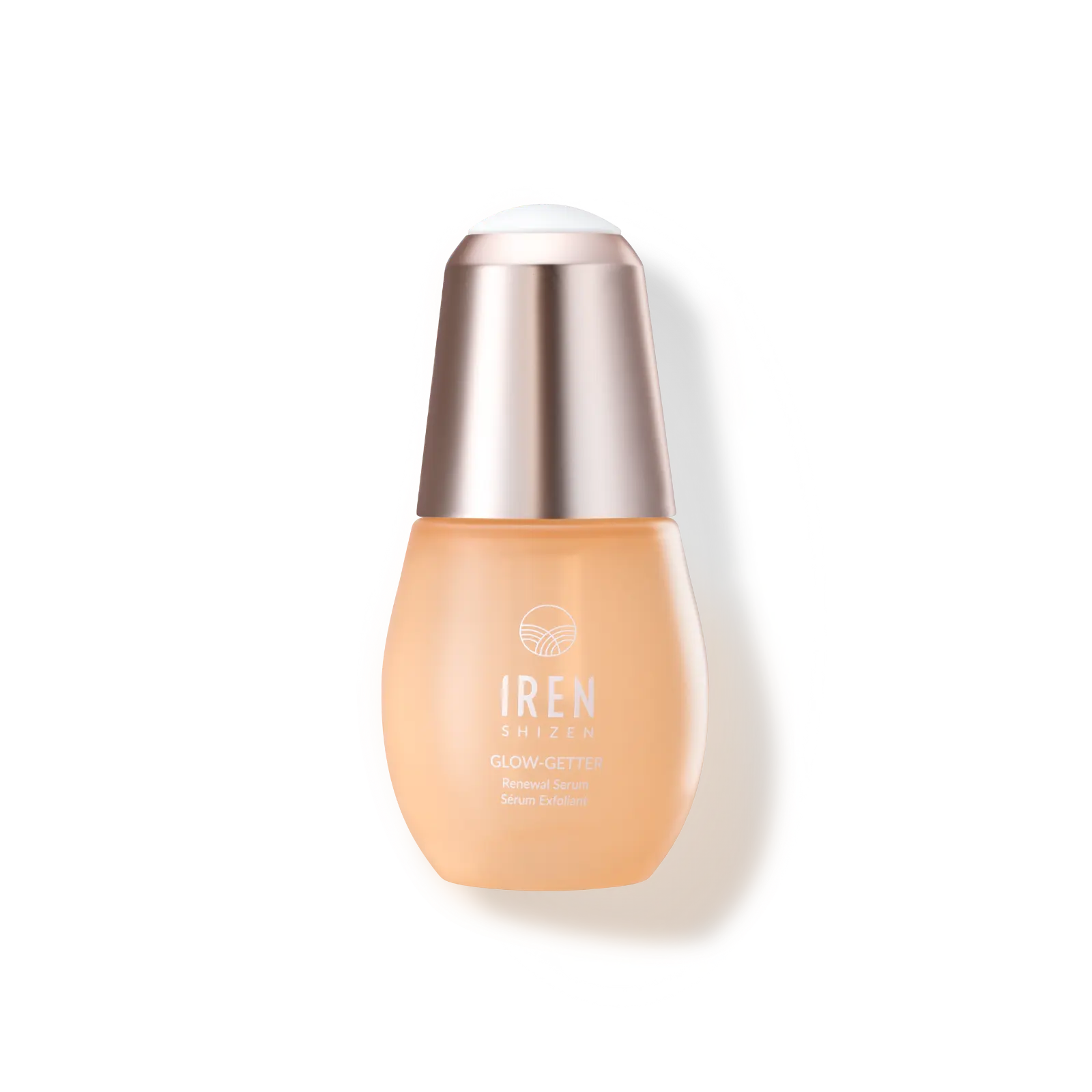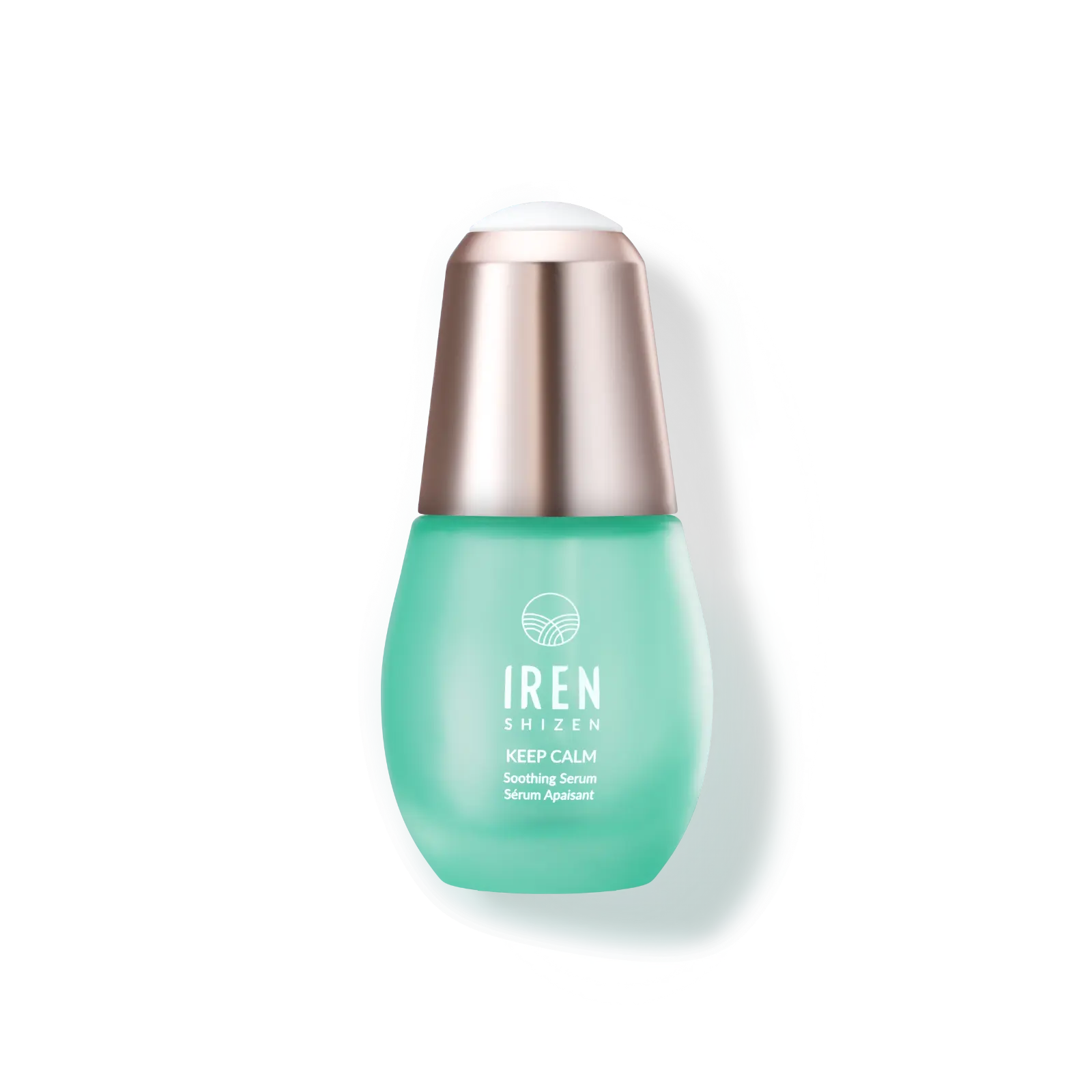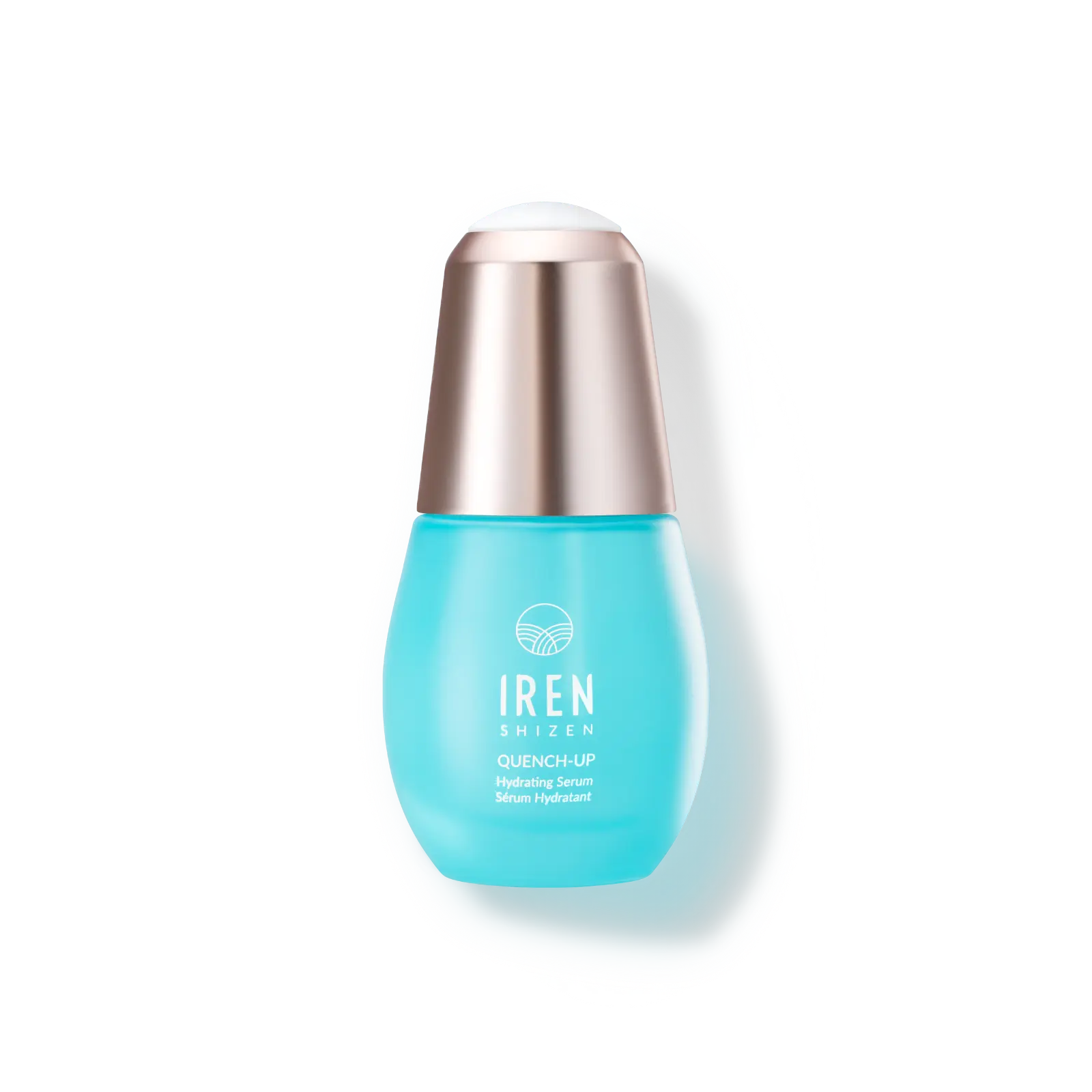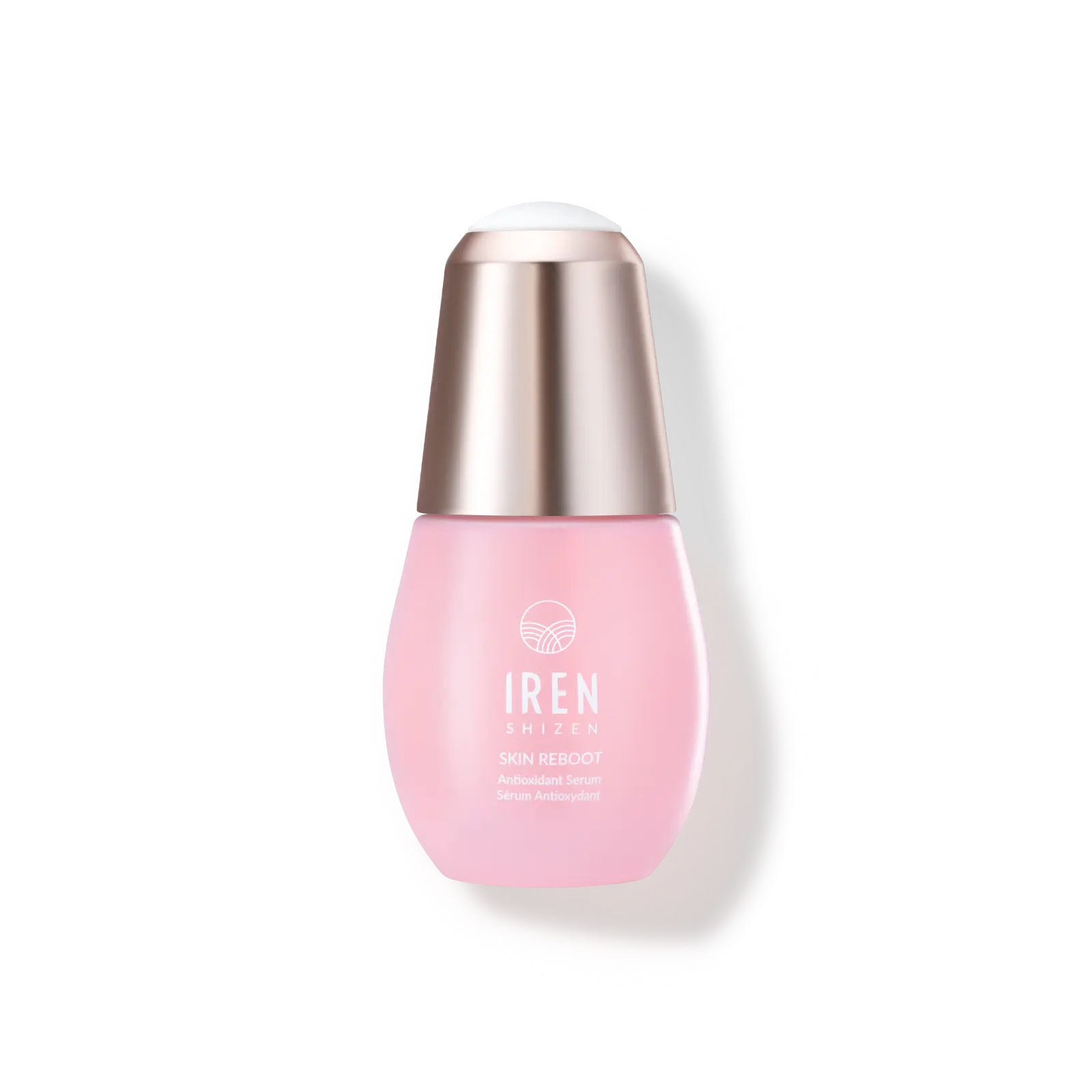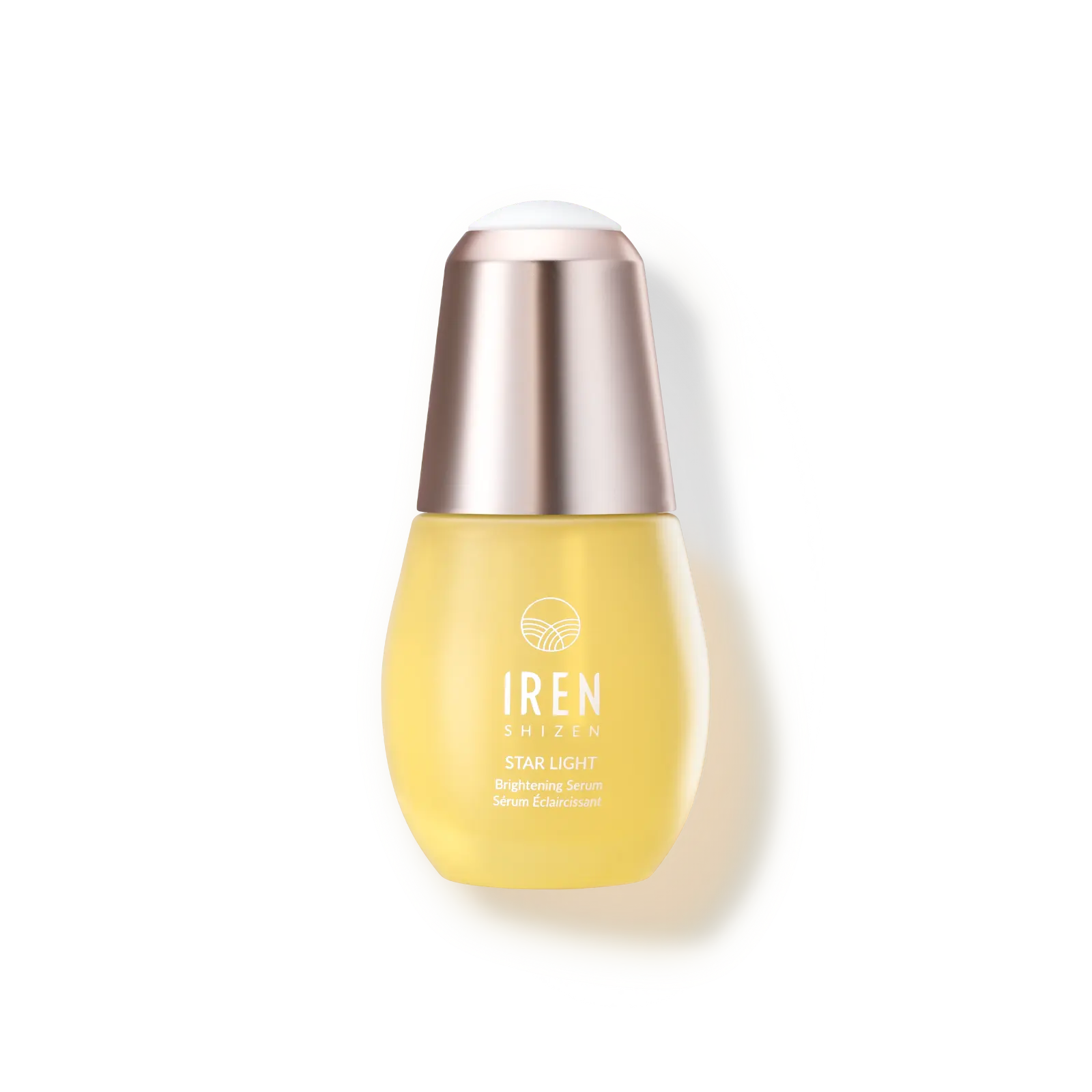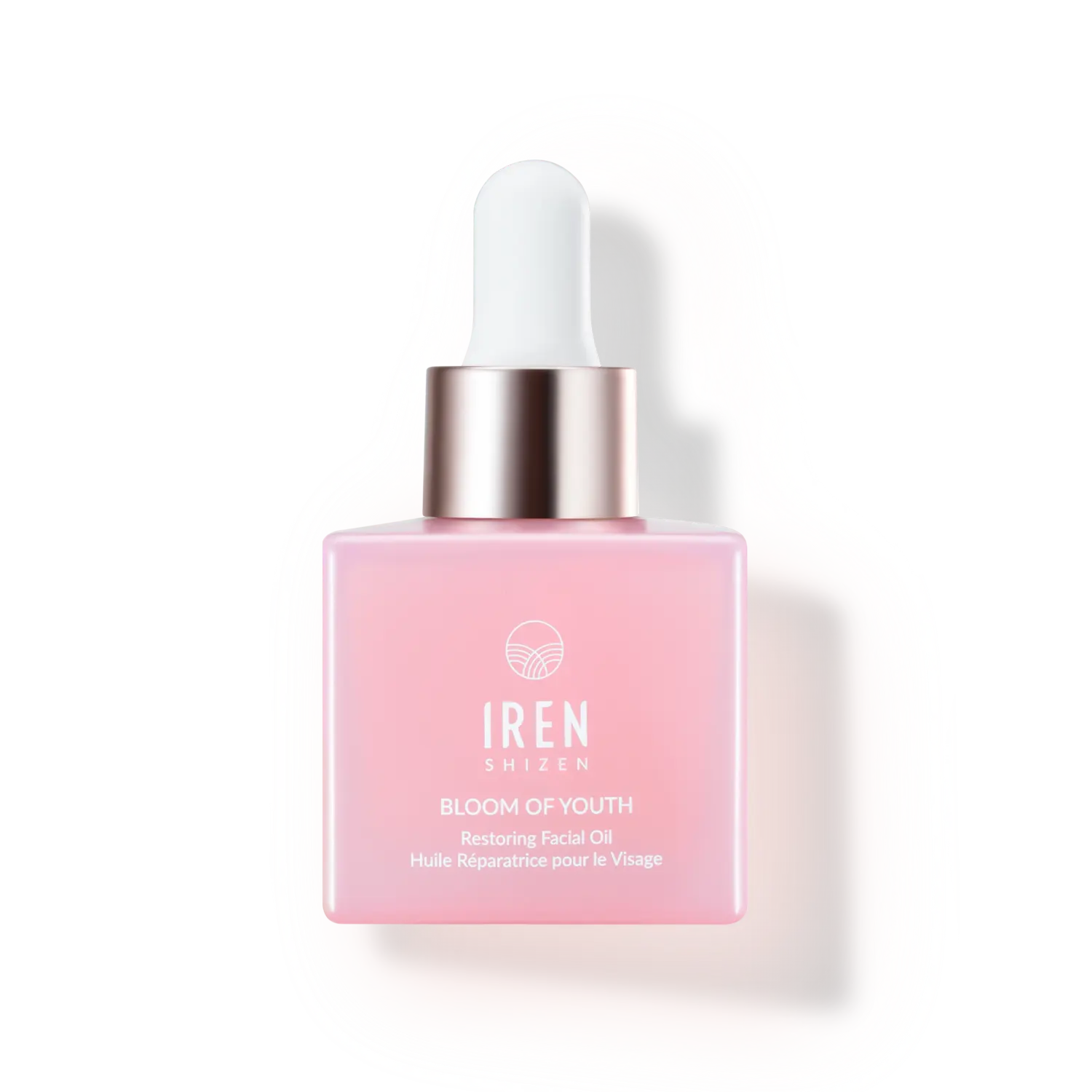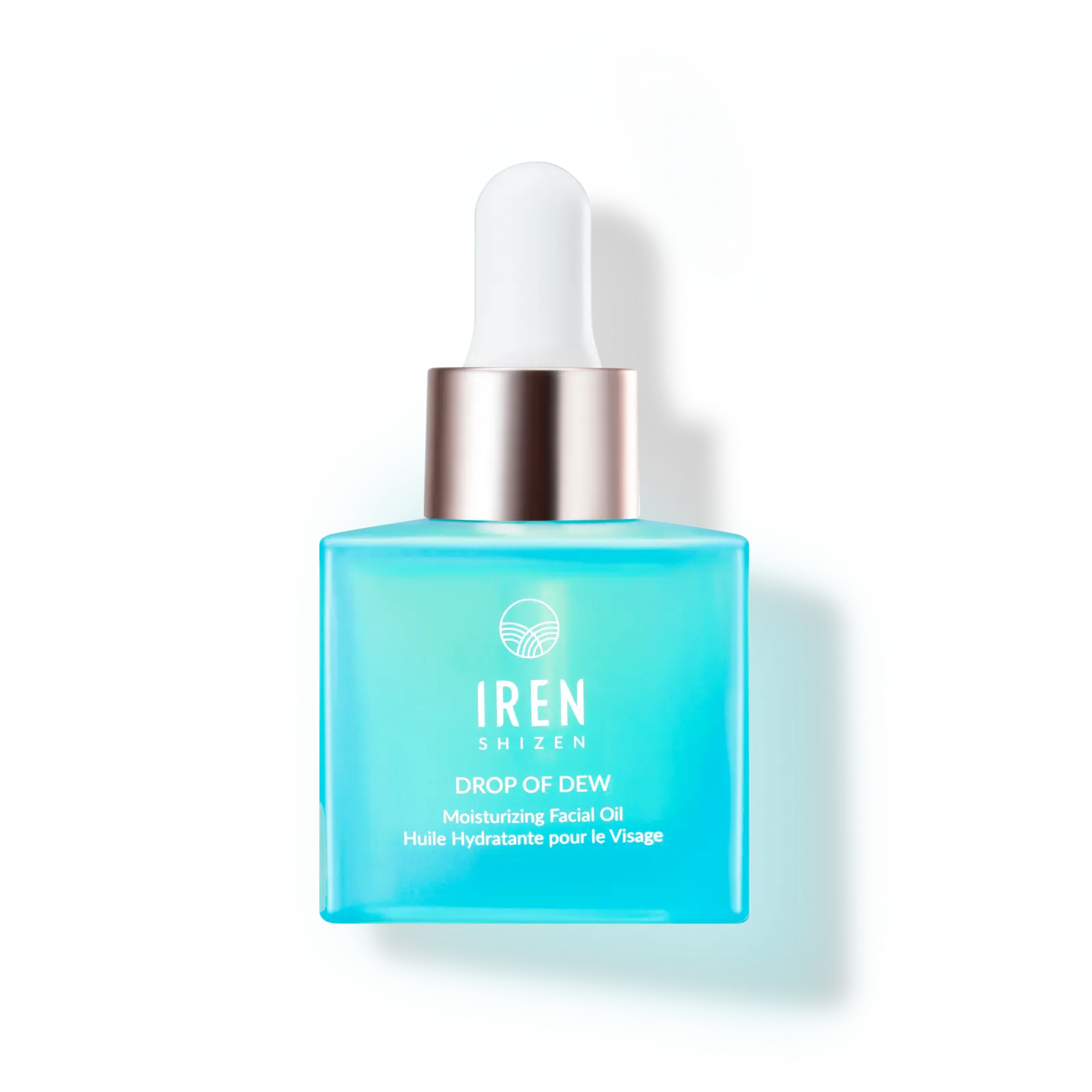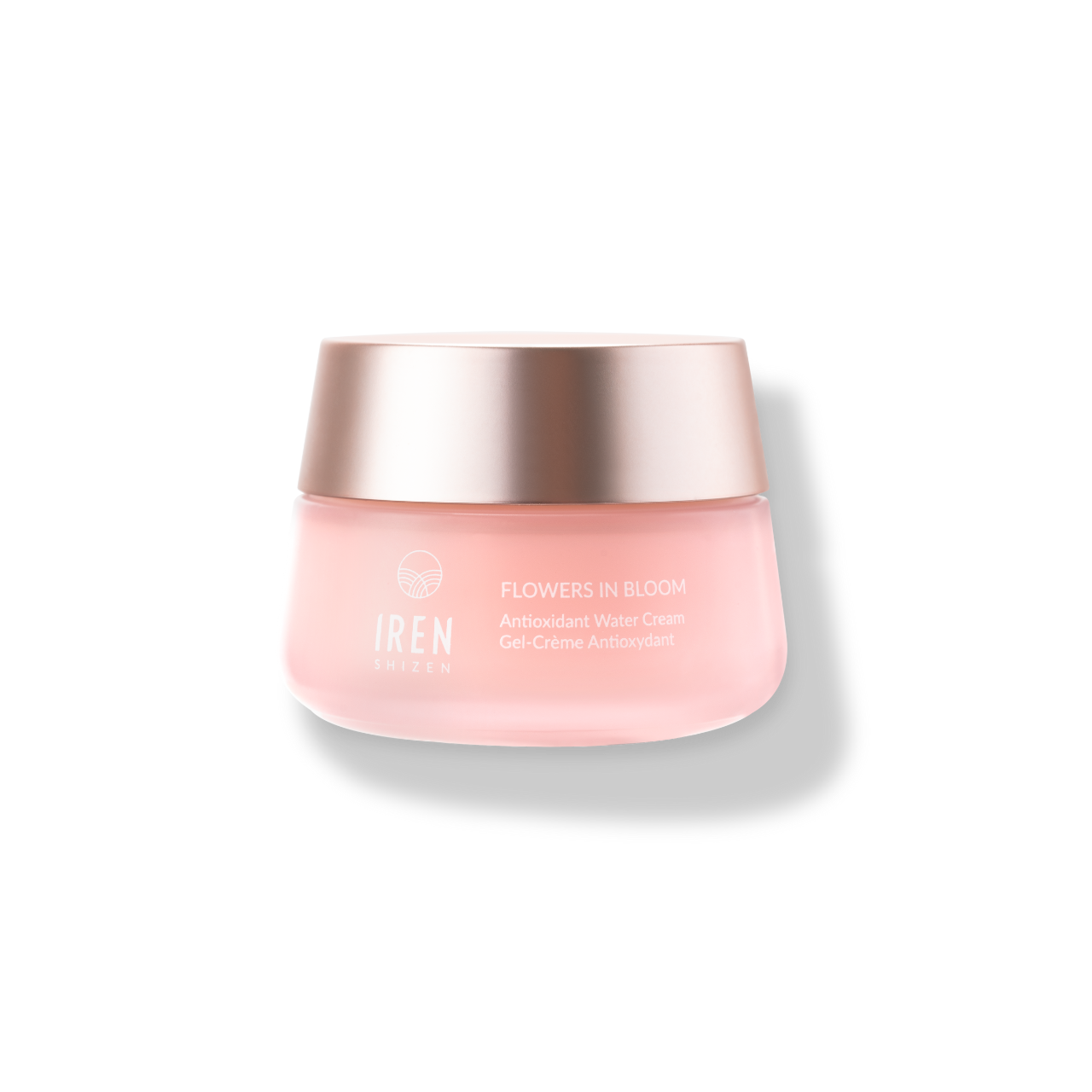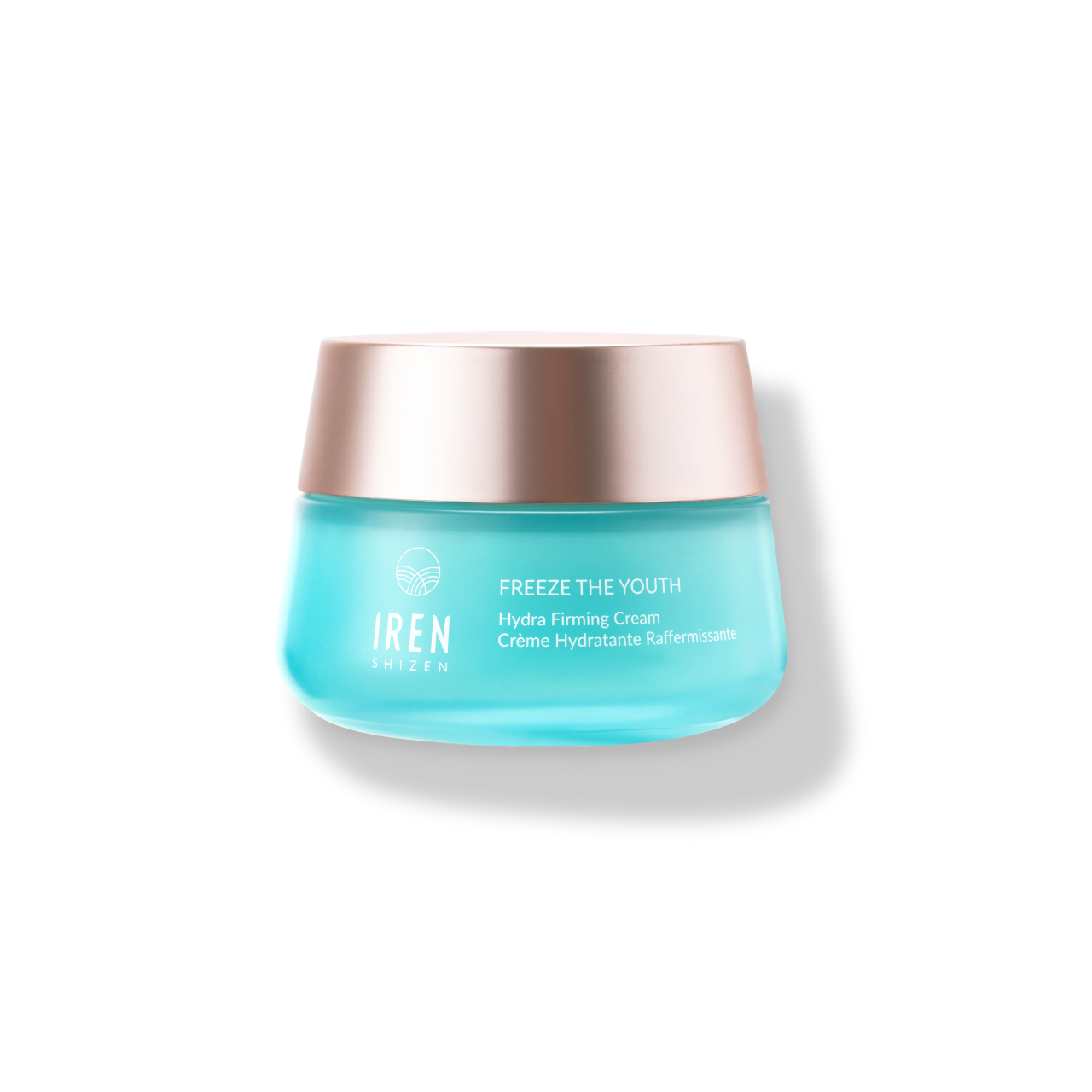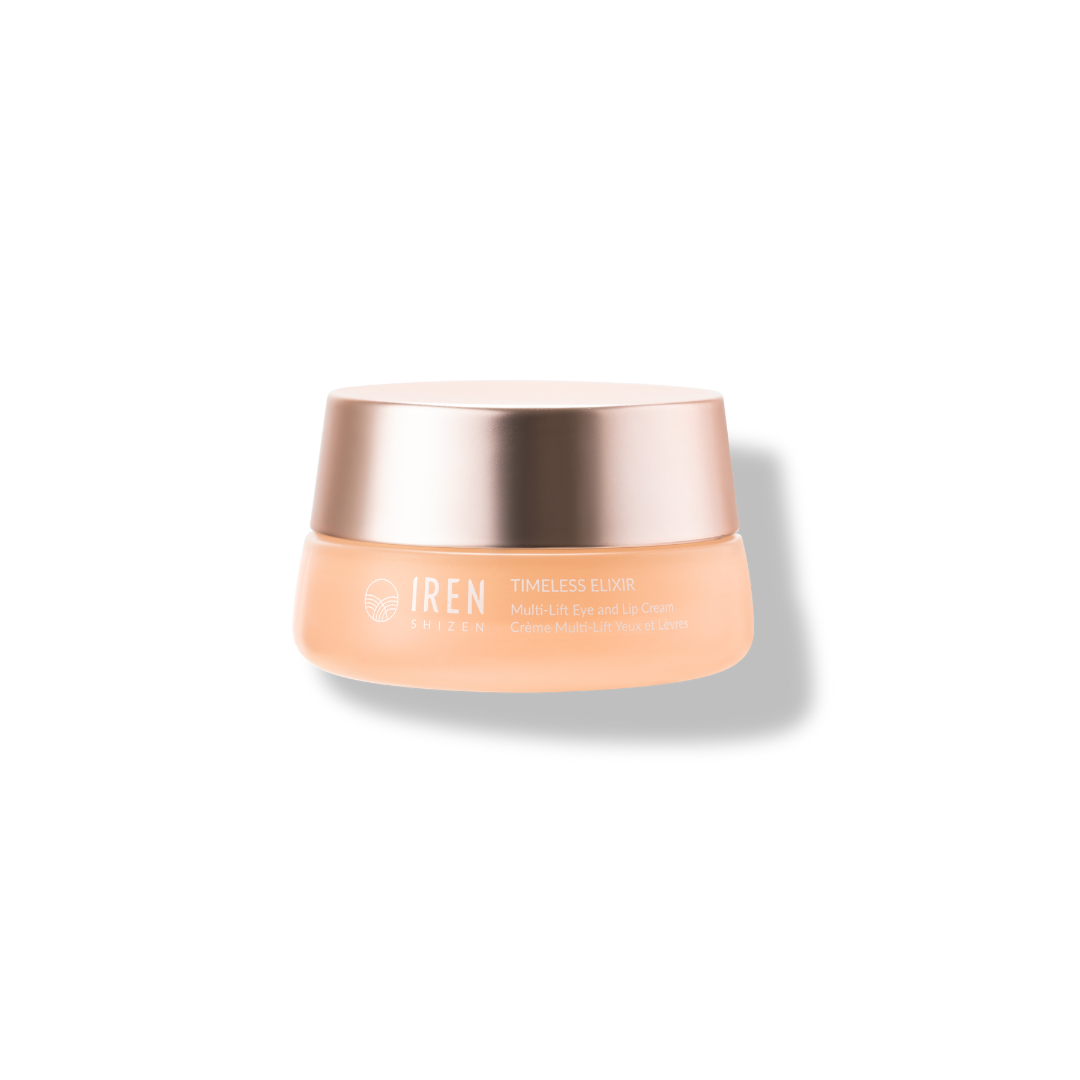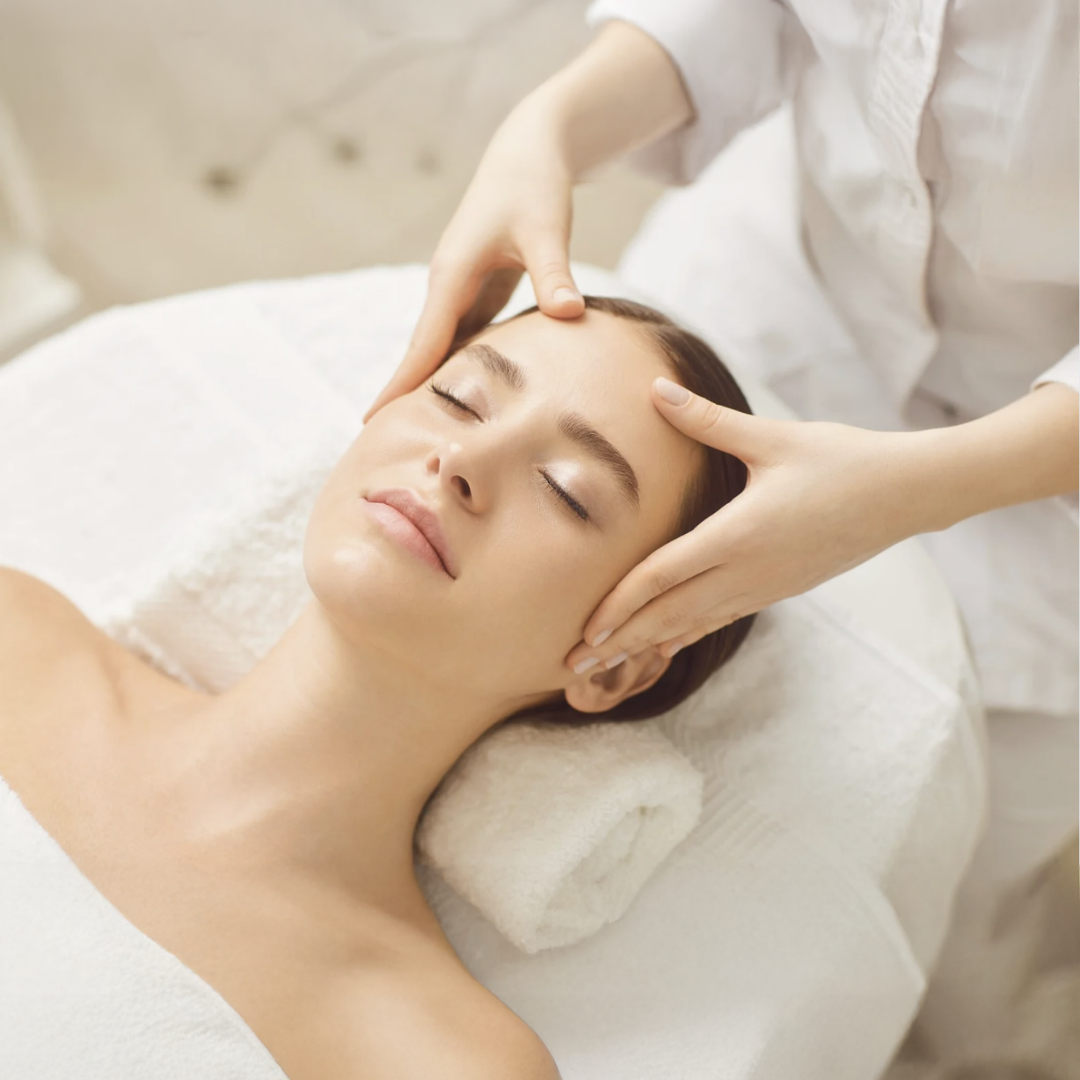We know you’re no stranger to alcohol in your skincare, but can you tell the difference between the good and the bad?
Like most ingredients, there are pros and cons to everything we put on our skin. While they’re not inherently bad, some types of alcohol do dry out and cause further damage to your skin. Read on to find out more about these drying alcohols and how to tell them apart from the good.
What are the alcohols in skincare?

To give you the blow-by-blow—alcohols are organic compounds that belong to the hydroxyl group (-OH). Their different structures and molecular weights determine the type of alcohol they end up becoming; fatty or drying.
Fatty Alcohols
Don’t get us wrong; not all alcohols are bad! Fatty alcohols (otherwise known as good alcohols) are, in fact, the holy grail of skincare ingredients. Derived from fatty acids of plant sources, they are long-chain alcohols that are high in molecular weight and are responsible for making products like moisturizers thick and heavy in texture to attract moisture to the skin.
You can identify these good alcohols by their alter-egos:
- Cetyl alcohol: Thickens products
- Stearyl alcohol: Traps moisture in the skin
- Cetearyl alcohol: An emulsifier
- Propylene alcohol: A humectant to draw moisture to the skin
- Lauryl alcohol: Used as a surfactant
- Myristyl alcohol: An emollient and a stabilizer that prevents moisture loss
Not only are fatty alcohols notable for their moisturizing properties, but they also help target skin concerns like uneven texture, dullness, fine lines, and wrinkles and repair your skin’s barrier. Typically non-irritating and especially advantageous if you suffer from dry skin, they are the go-to alcohols you should look for in skincare.
Drying Alcohols
On the flip side, drying alcohols are not all too good for you compared to their moisturizing counterparts. Instead, they function as short-chain and denatured alcohols that create a dehydrating effect on your skin.
These alcohols are used for a multitude of reasons—(1) as a preservative and organic solvent to increase the solubility of ingredients to create smoother formulations, (2) to improve the skin feel of formulas, (3) to degrease skin, (4) to assist ingredients like retinol and vitamin C for better absorption into your skin, (5) to kill the acne-causing bacteria on your skin, and (6) to provide benefits at a cheap manufacturing cost.
Honorable mentions of drying alcohols include being beneficial when used in particular situations, such as drying up pimples via spot treatments and assisting estheticians in decreasing oil on skin surface before applying chemical peels during sessions.
These chemicals ultimately work as quick-drying liquids that produce a weightless, greaseless, and clean feel on your skin with their volatile and low molecular weight. It’s no wonder people with oilier skin favor drying alcohols in their skincare. But this does come at a cost though!
Think of drying alcohols as short term benefits with adverse long term effects. Don’t worry, we’ll get into this later on in the article.
How to identify drying alcohols in cosmetics?

Where can you find drying alcohols in your skincare products? To put it simply, everywhere. The most notable though, are toners, gel moisturizers, and astringents meant to target oily or acne-prone skin.
You can identify drying alcohols by looking out for their specific names:
- SD alcohol
- Isopropyl alcohol
- Denatured alcohol
- Ethanol/Ethyl alcohol
- Methanol/Methyl alcohol
- Propanol/Propyl alcohol
- C alcohol
- Methylated spirit
- Denatured rectified spirit
What are the repercussions of using drying alcohols?

So why should you avoid using drying alcohols? Well, it’s stated right there in its name. We know they give off instant gratification (which is always great), but is it really worth the eventual drying out of your skin?
Even though they seem to immediately degrease and help active ingredients better penetrate your skin, they will eventually damage your skin’s barrier and microbiome and weaken its ability to renew and replenish itself.
Why this happens is because such drying alcohols erode your skin’s protective surface and irritates it. Therefore, making it prone to infections, future breakouts, fine lines and wrinkles, and loss of elasticity in your skin. What’s worse, your skin will no longer be able to retain moisture after prolonged exposure to drying alcohols!
Studies have shown that small amounts of alcohol (about 3 % alcohol concentration) are enough to cause increased cell death by 26%. Mind you, the percentage of drying alcohols in skincare tends to range from 5% to 60% (or even more). So you can only imagine just how quickly our skin cells are deteriorating as time goes on.
No skin type is safe, not even those of you who suffer from oily skin. As a matter of fact, using drying alcohols (especially in oil-control products) will only lead to an increase in bumps and enlarged pores in your skin due to your sebaceous glands being put into overdrive.
Your body is essentially tricked into thinking that it is not producing enough sebum, thus triggering your glands to produce more oil to make up for the loss. This increases the oiliness and acne on your face, making it shinier for a longer period of time. Besides, moisturizing products should be your go-to if you are looking to control the oil produced on your skin.
Not only that—drying alcohols are also highly flammable and potentially explosive, adding to the list of risks they already possess.
Our advice?

The good news is that drying alcohols have a relatively low EWG score (of 1-3) and are listed as safe in the skincare industry. Although they affect your health on a surface level, they do not inherently link to severe concerns like cancer. Of course, it is still wise to avoid using these compounds on your skin if you want to have hydrated and healthy skin for life.
Try your best to use skincare products with a low percentage of drying alcohols in them, or if you can, get drying alcohol-free products (like ours). There are many other products out there that contain alternative ingredients that enhance absorption and produce good skin feel in a non-damaging way as well.
At the end of the day, make sure to check the list of ingredients on the products you intend to buy and look for drying alcohols’ alter-egos (as we’ve mentioned above). Your skin is precious, and the faster you reduce the use of harmful chemicals in your skincare, the better!
|
Want to find out more about IREN Shizen 's 6 other no-no ingredients? You can read all about them here: |








